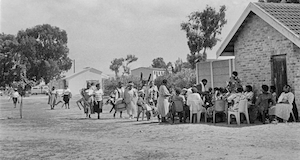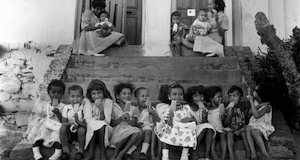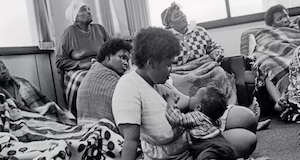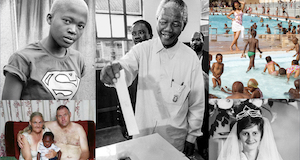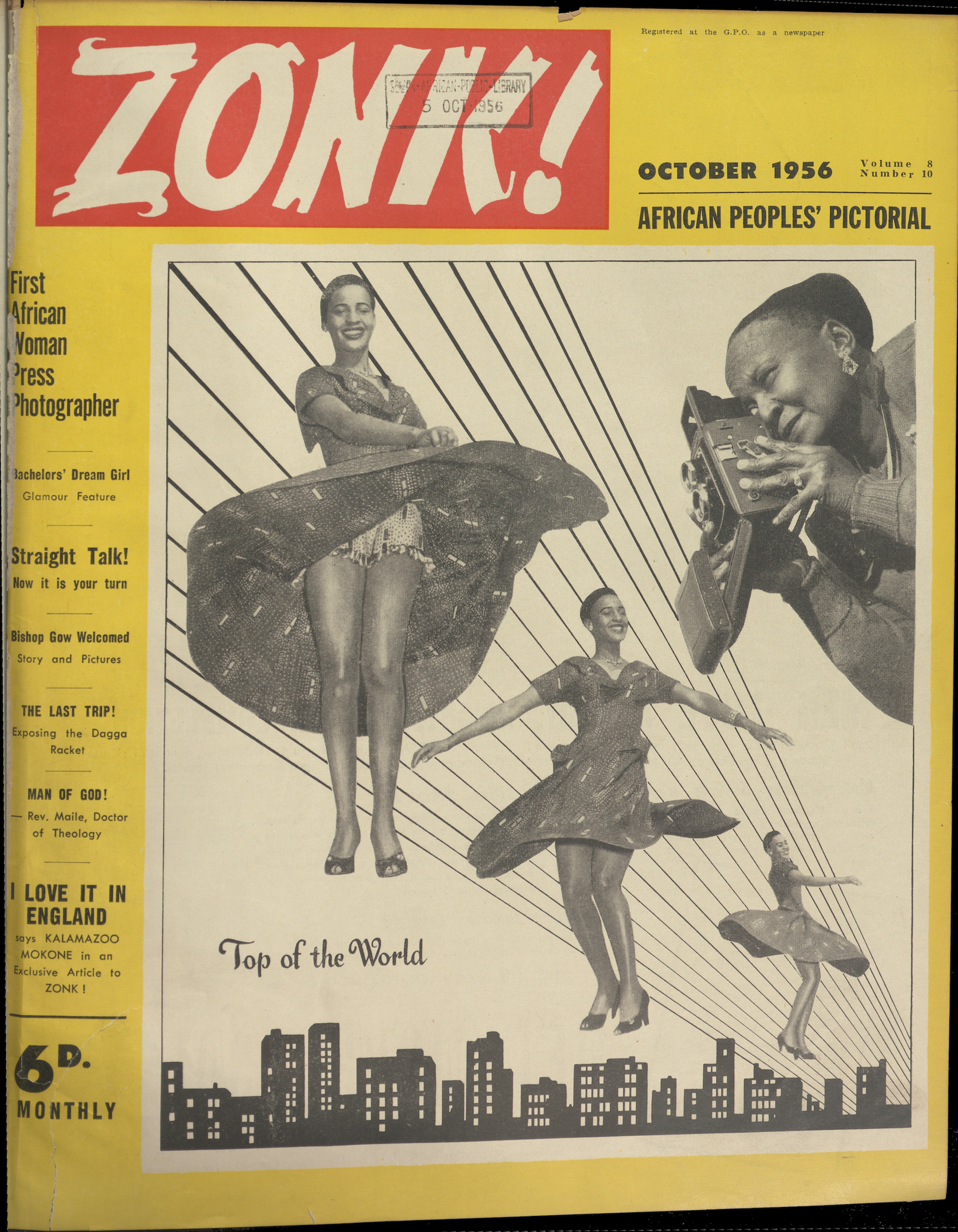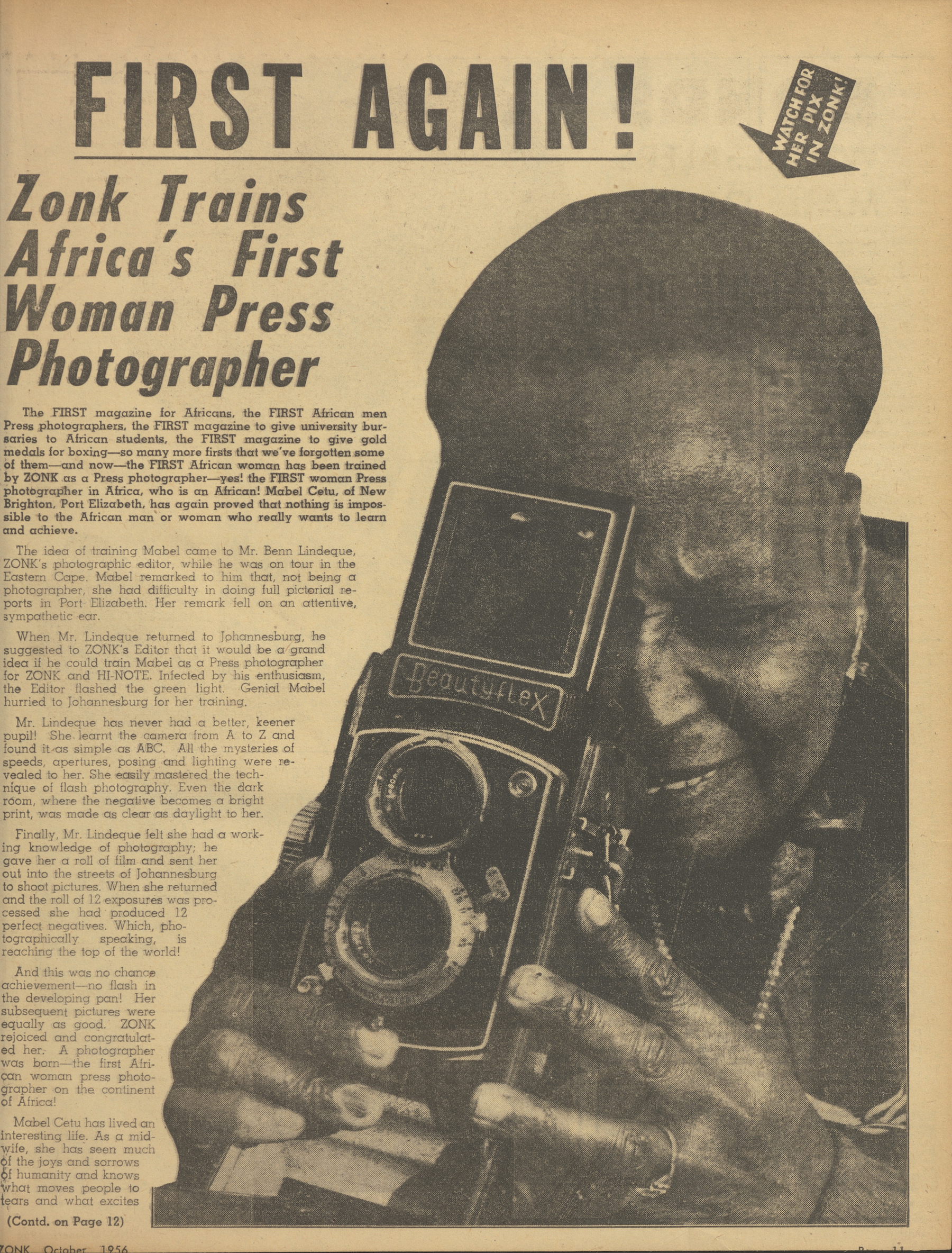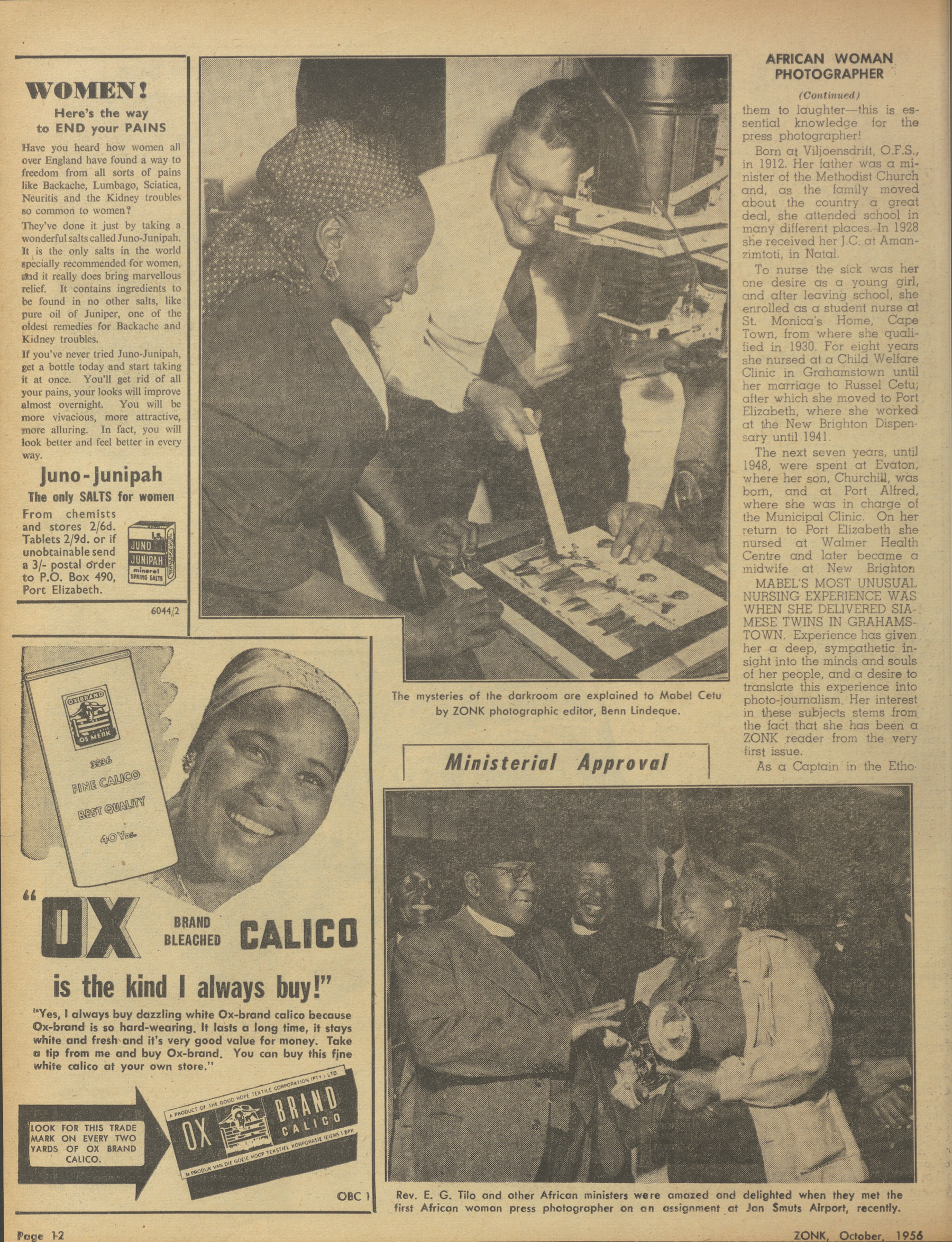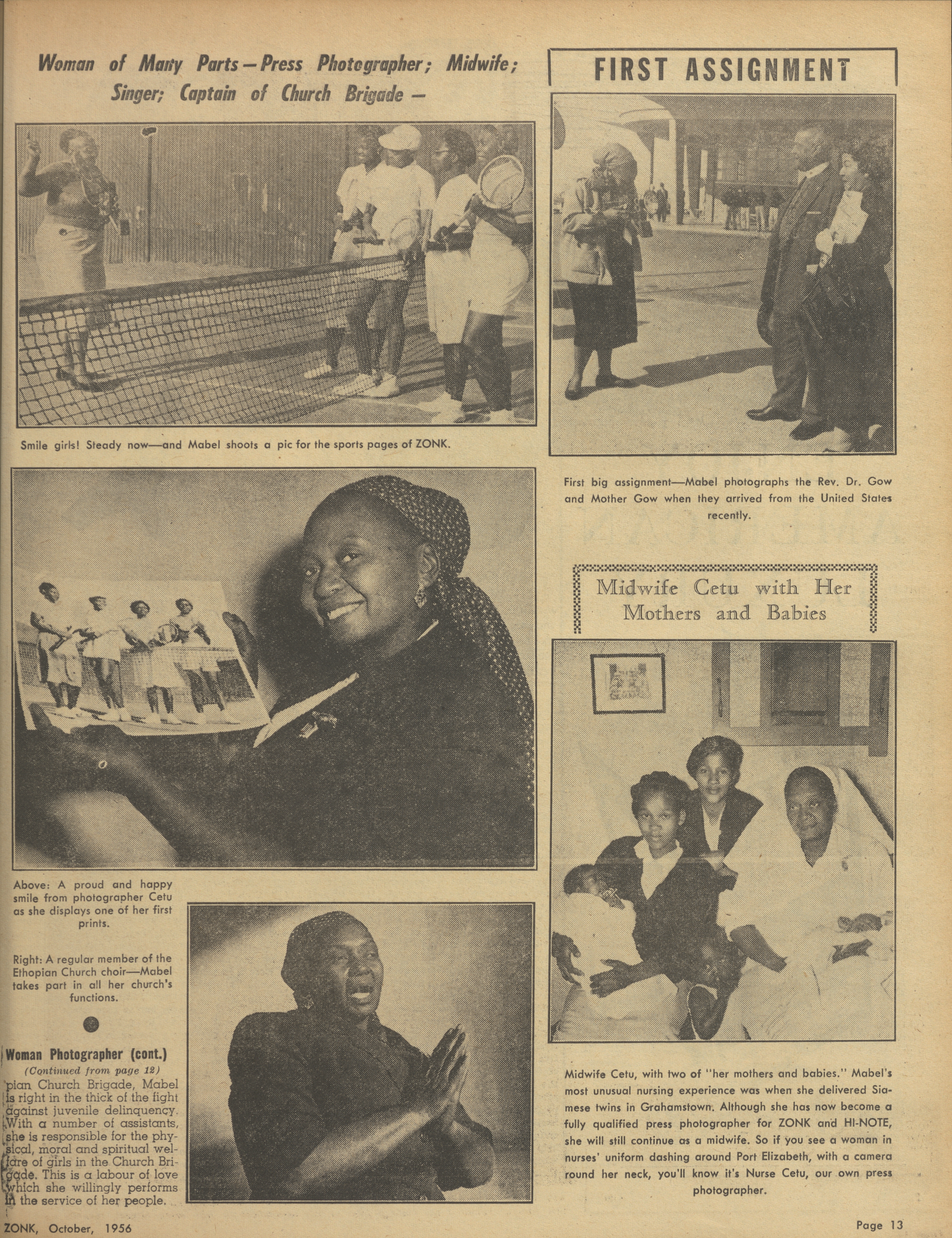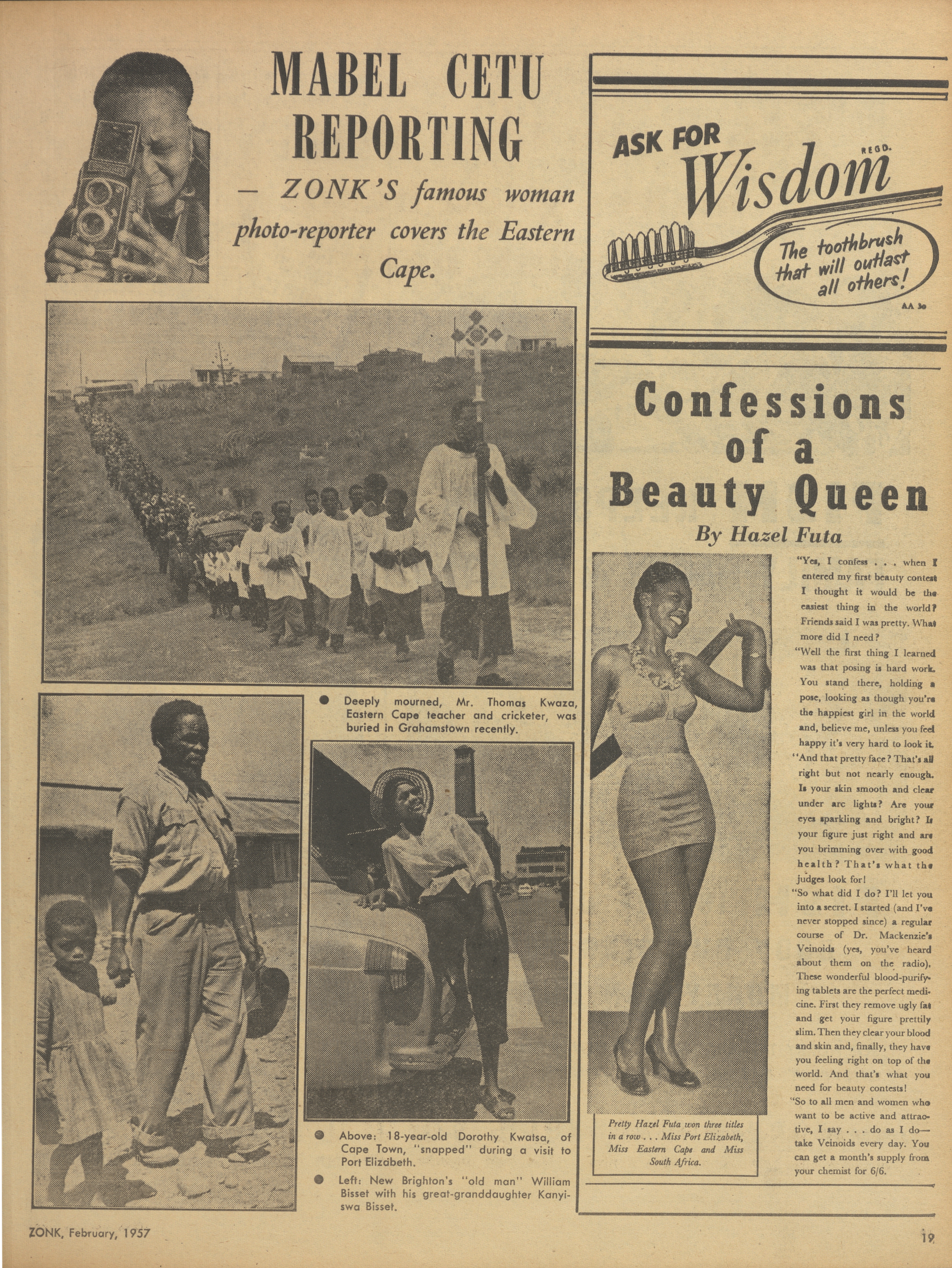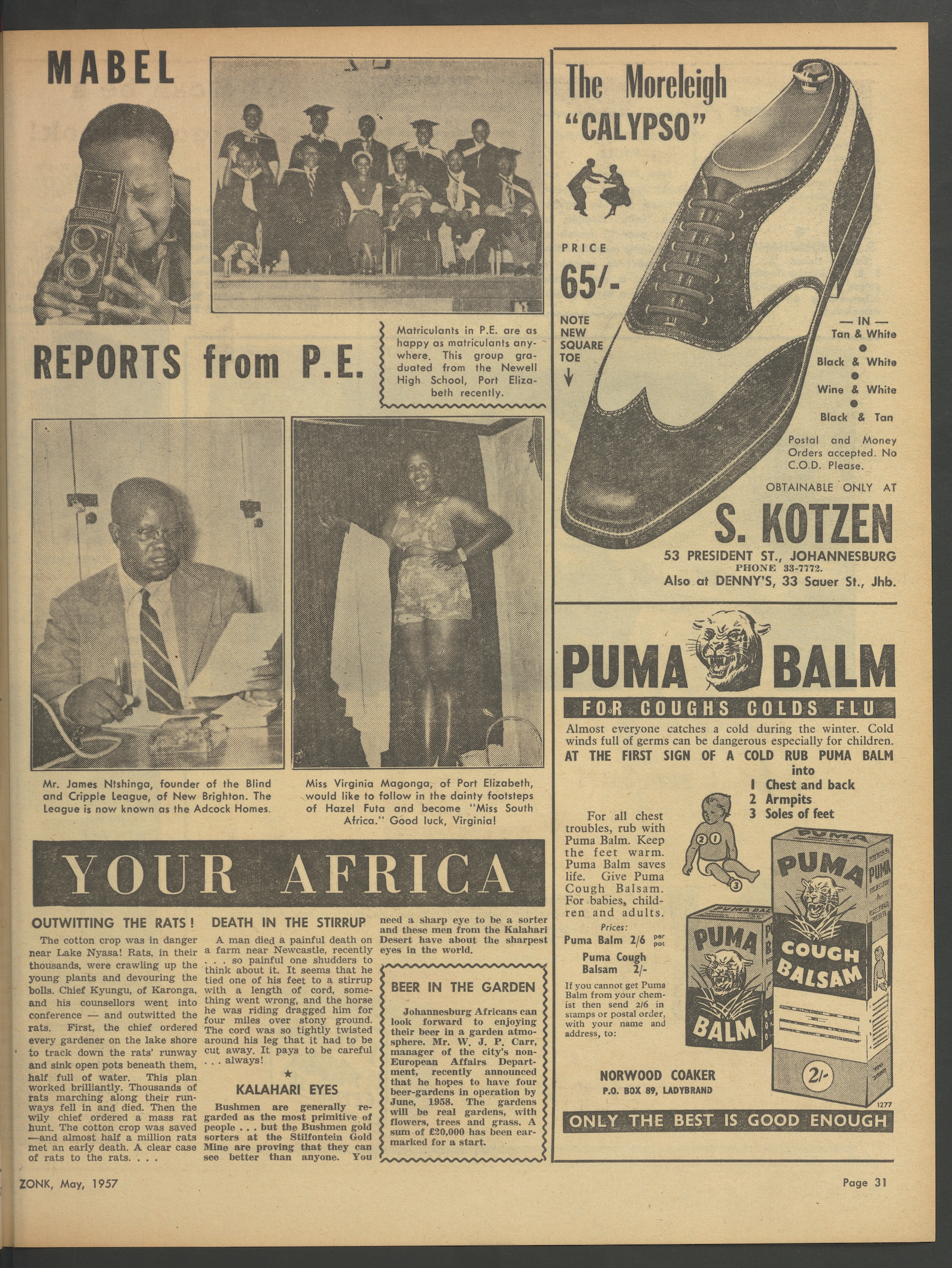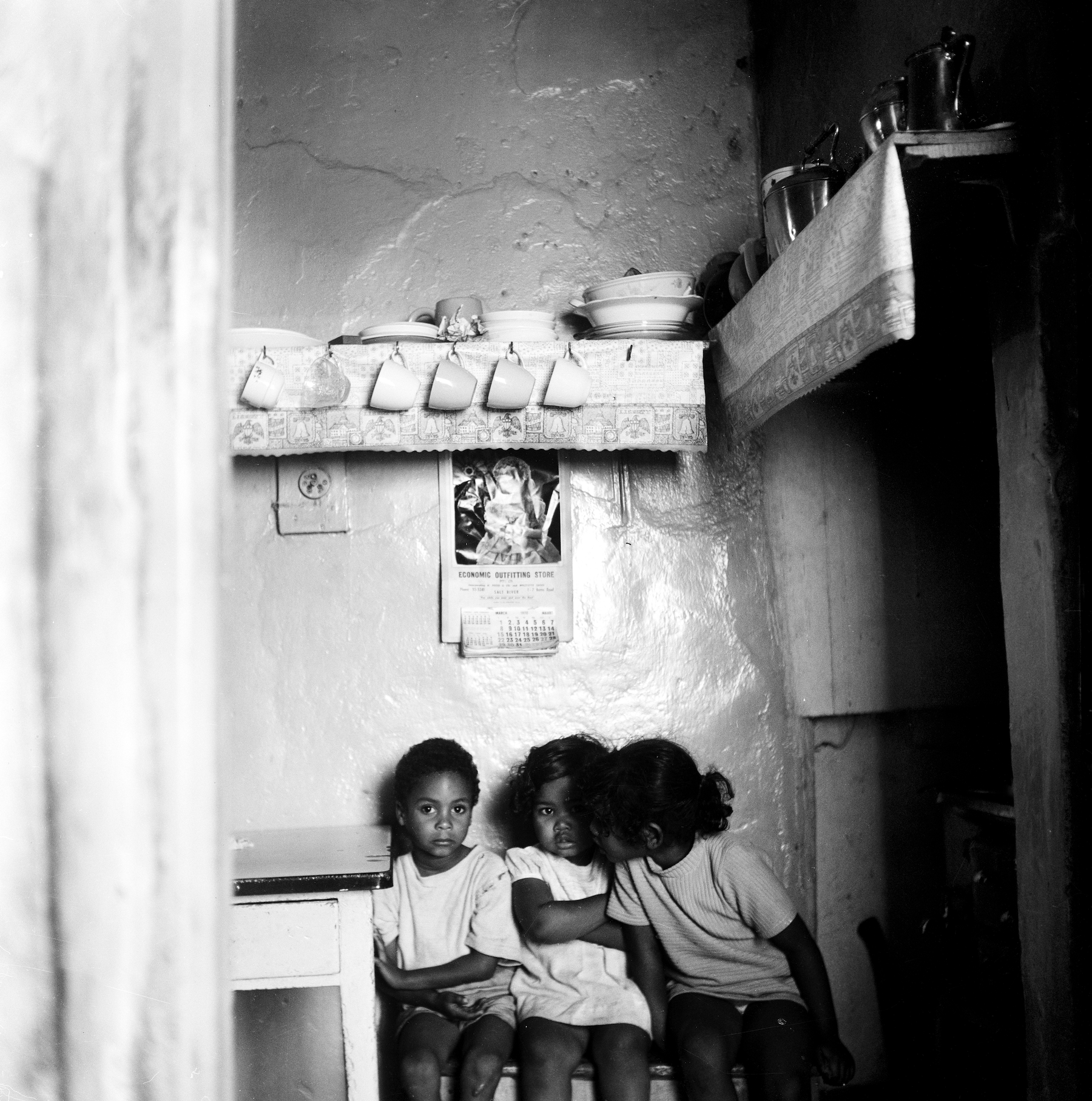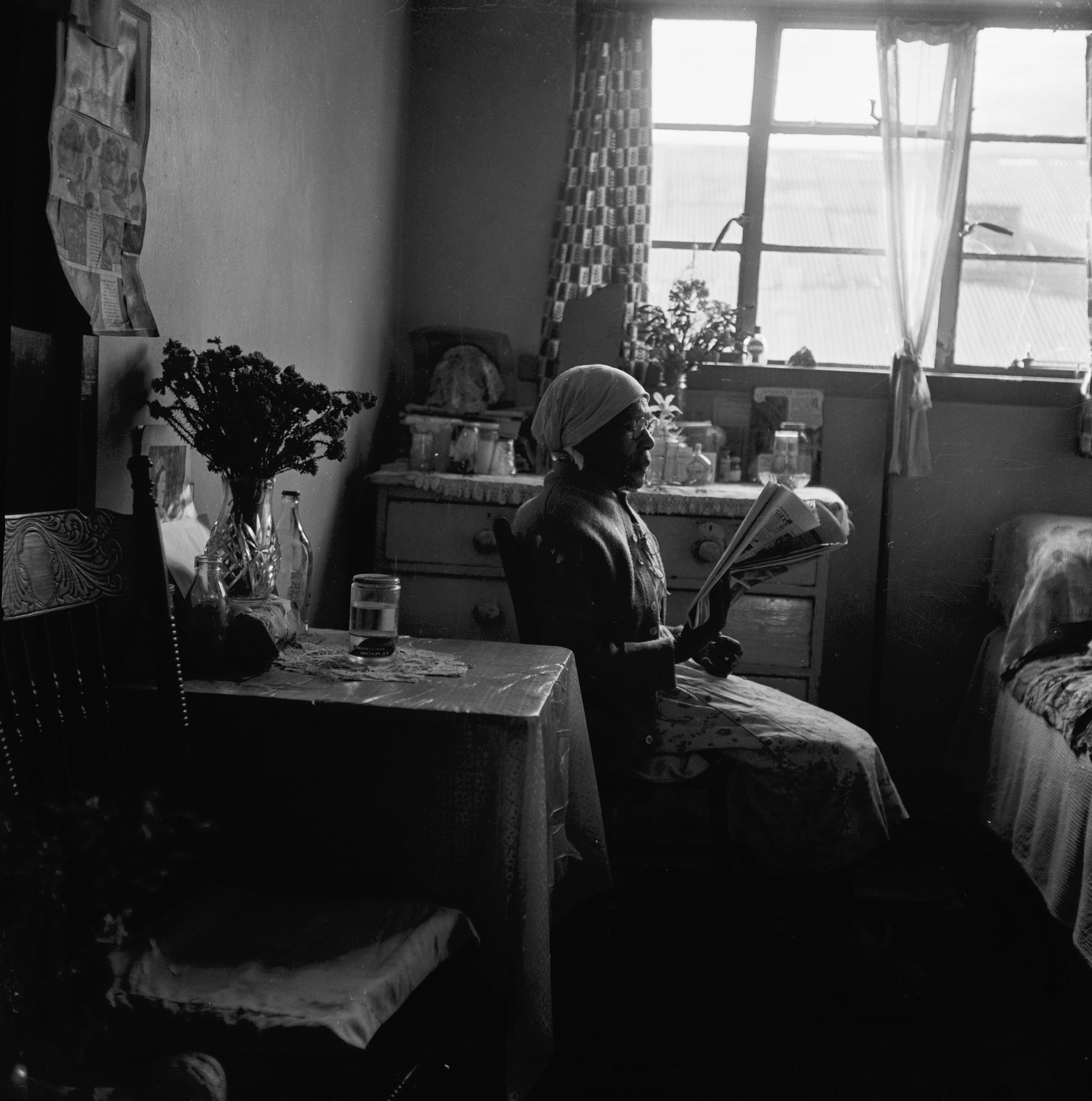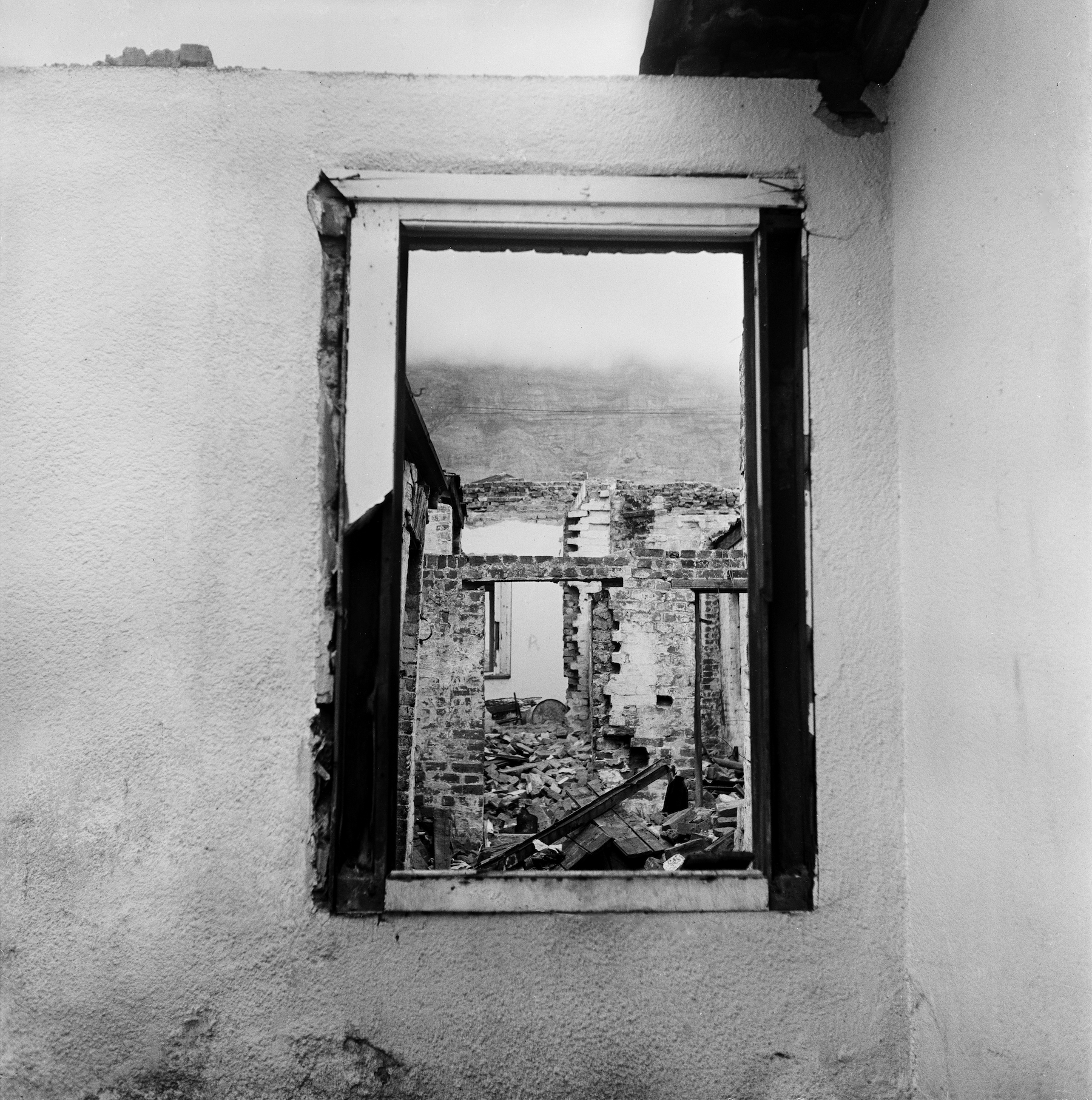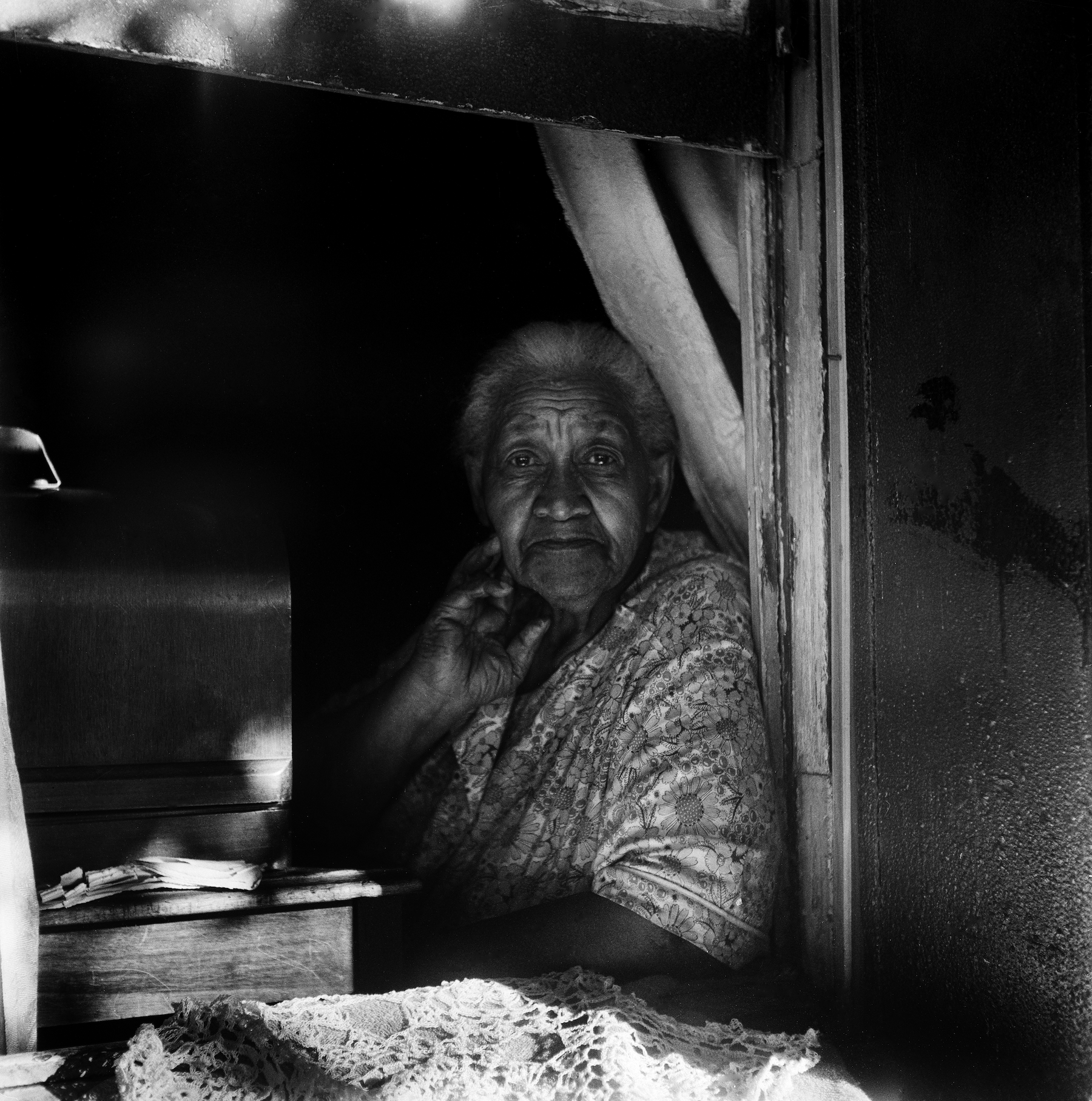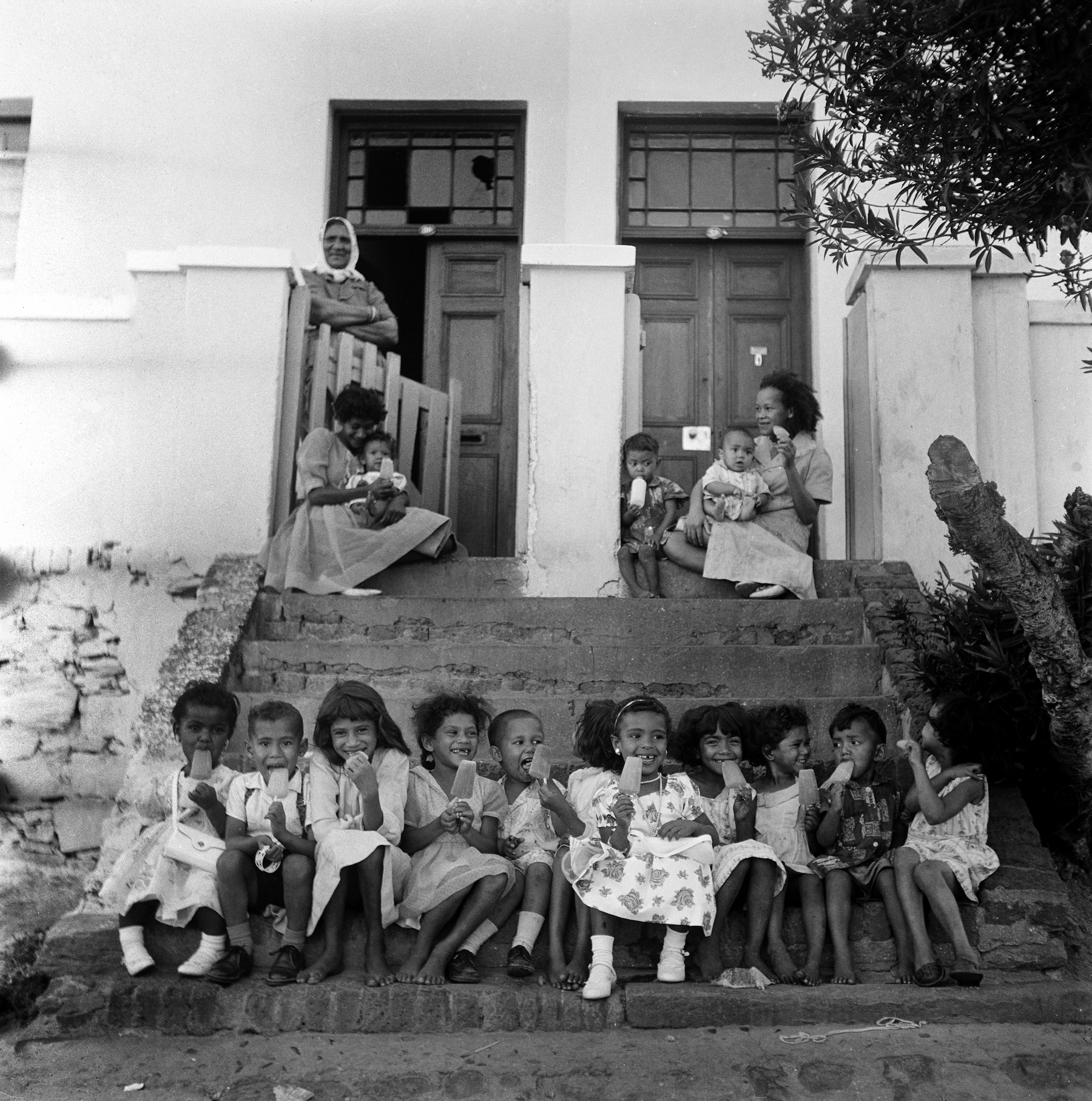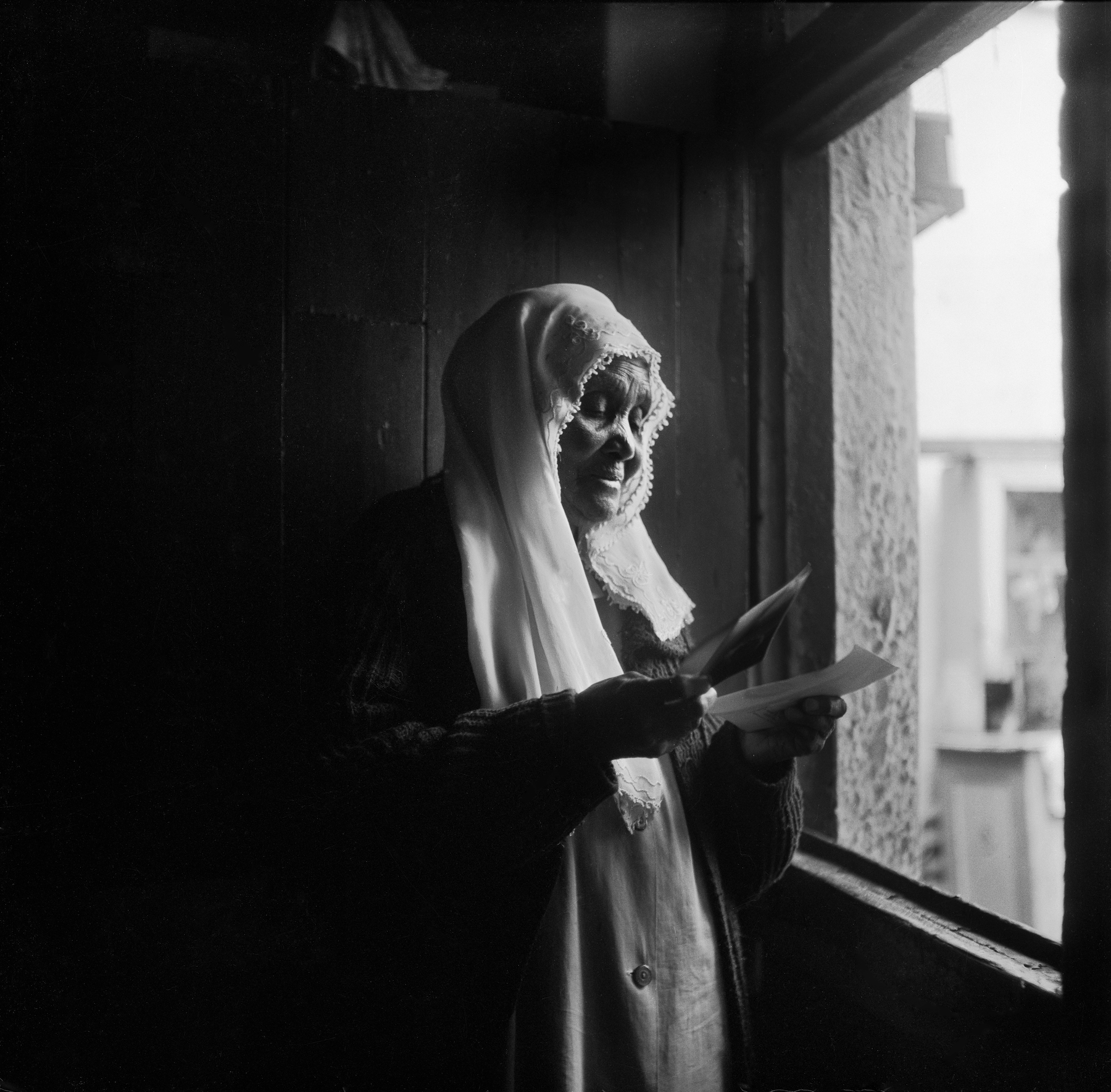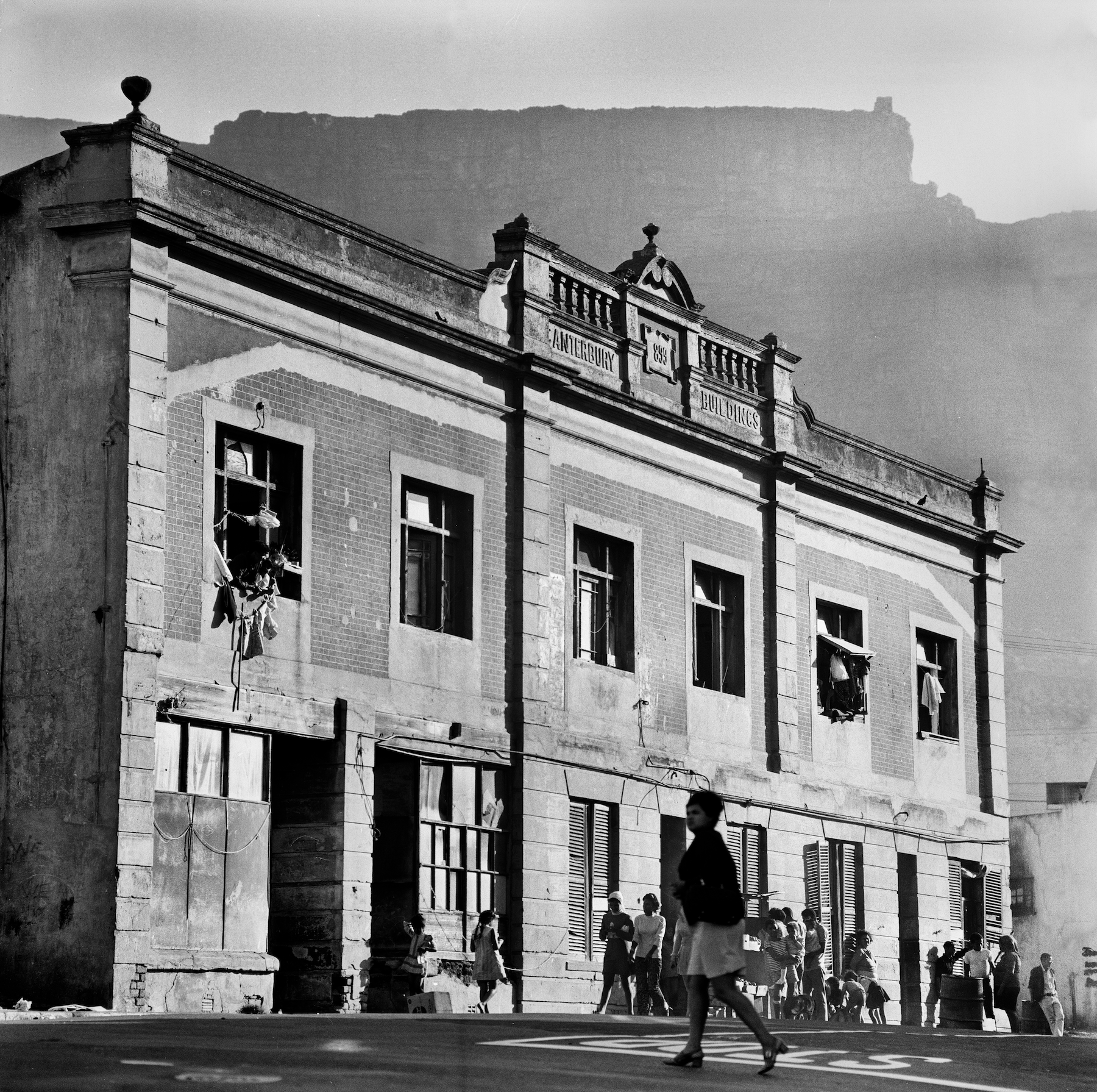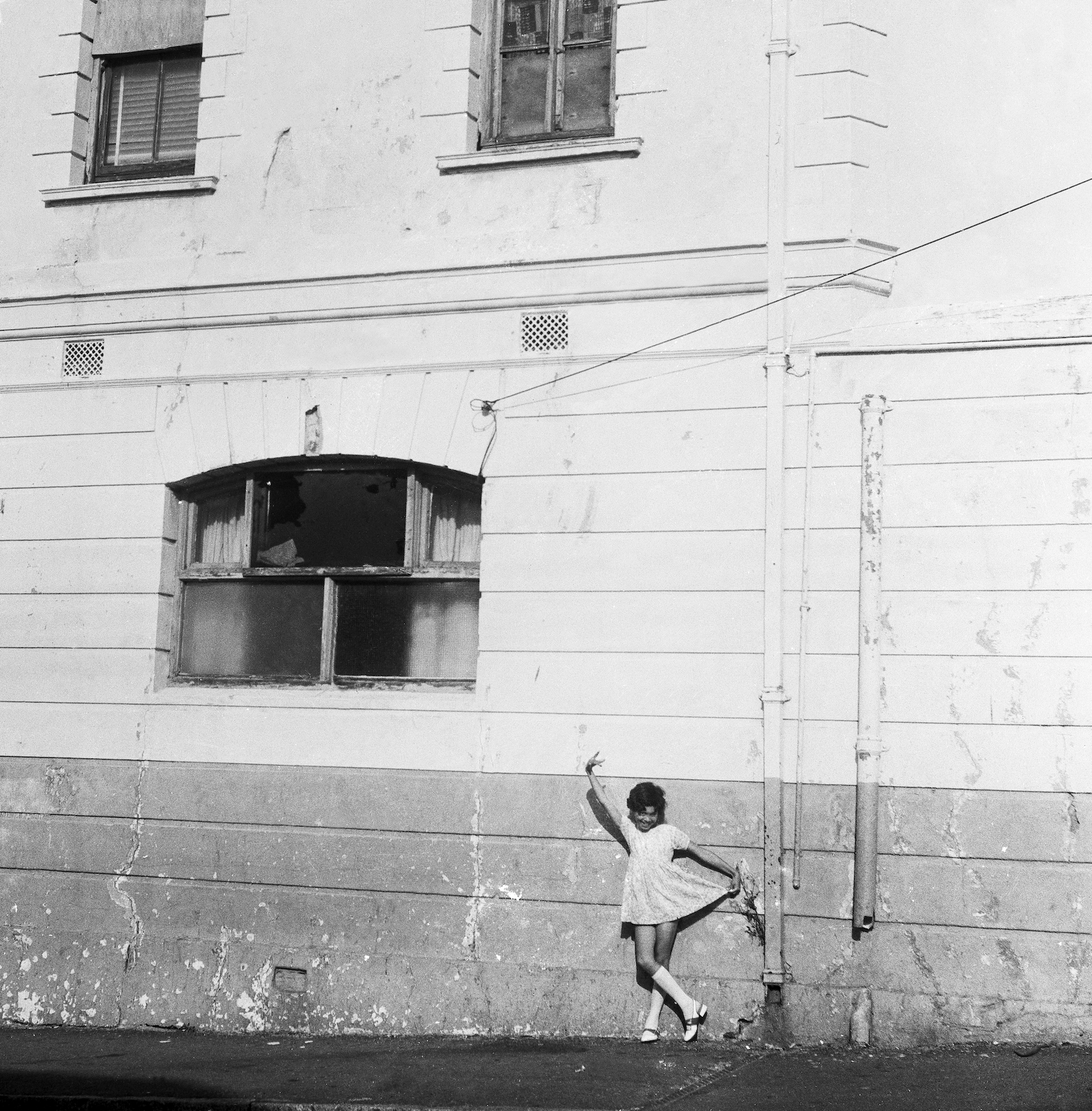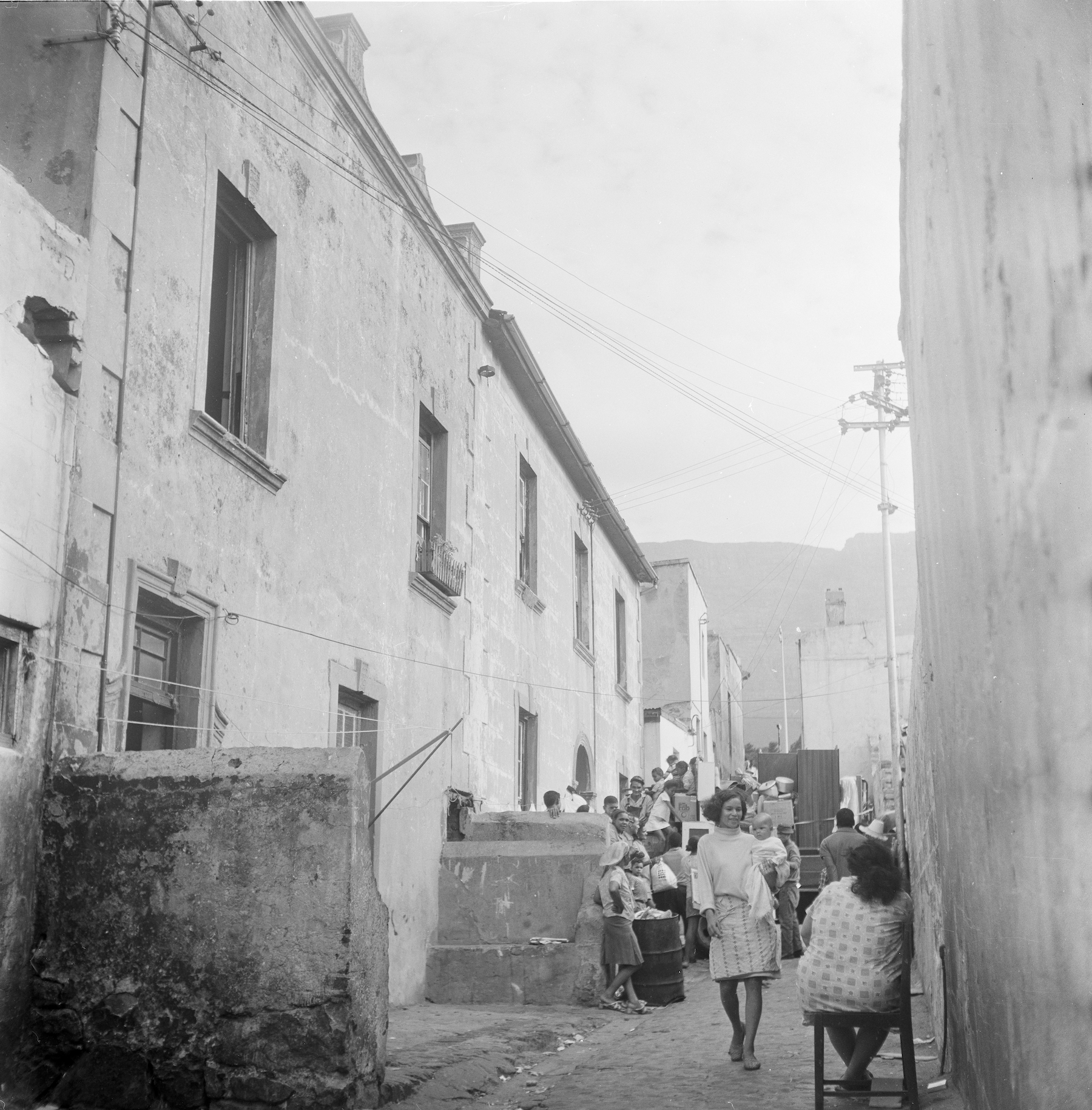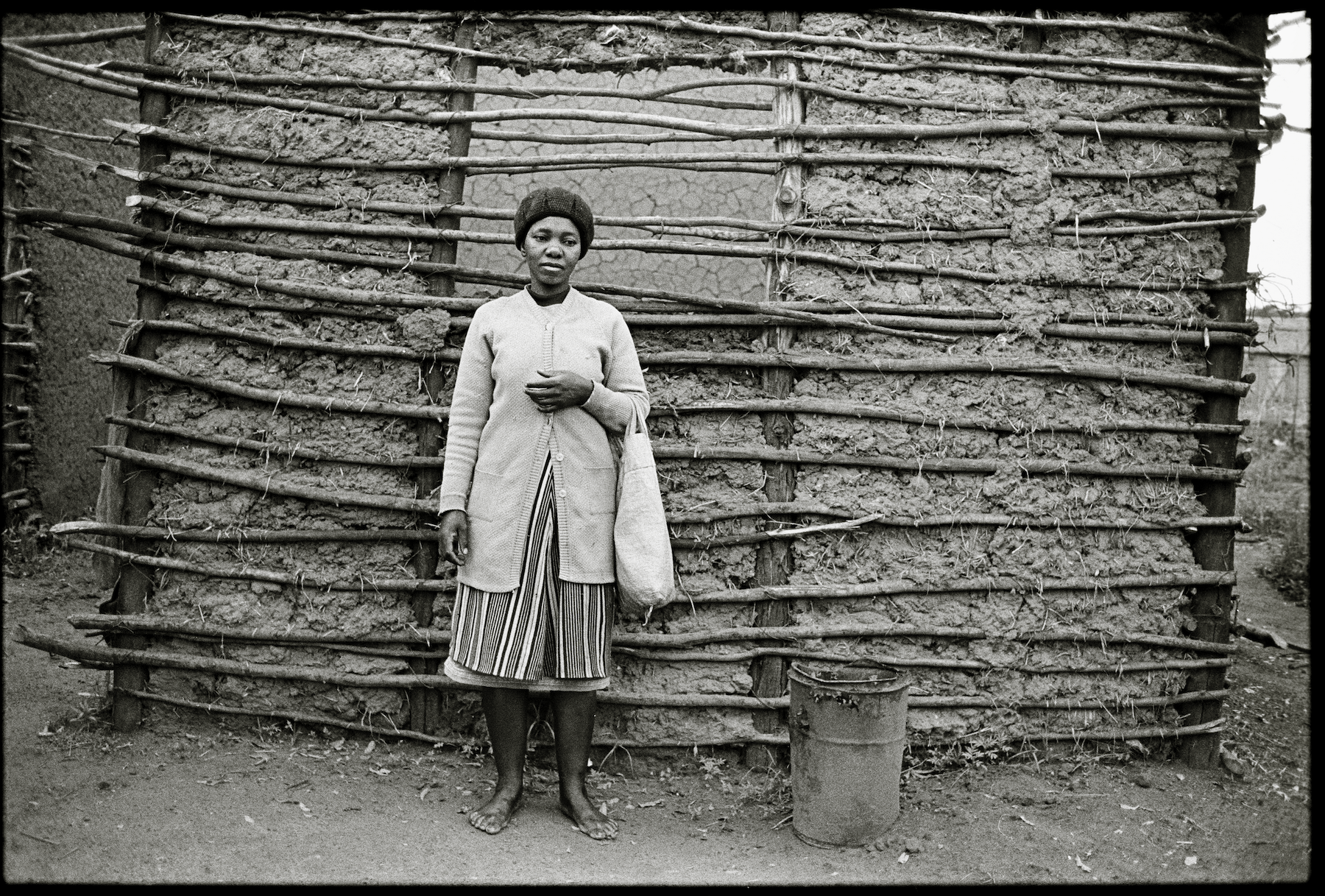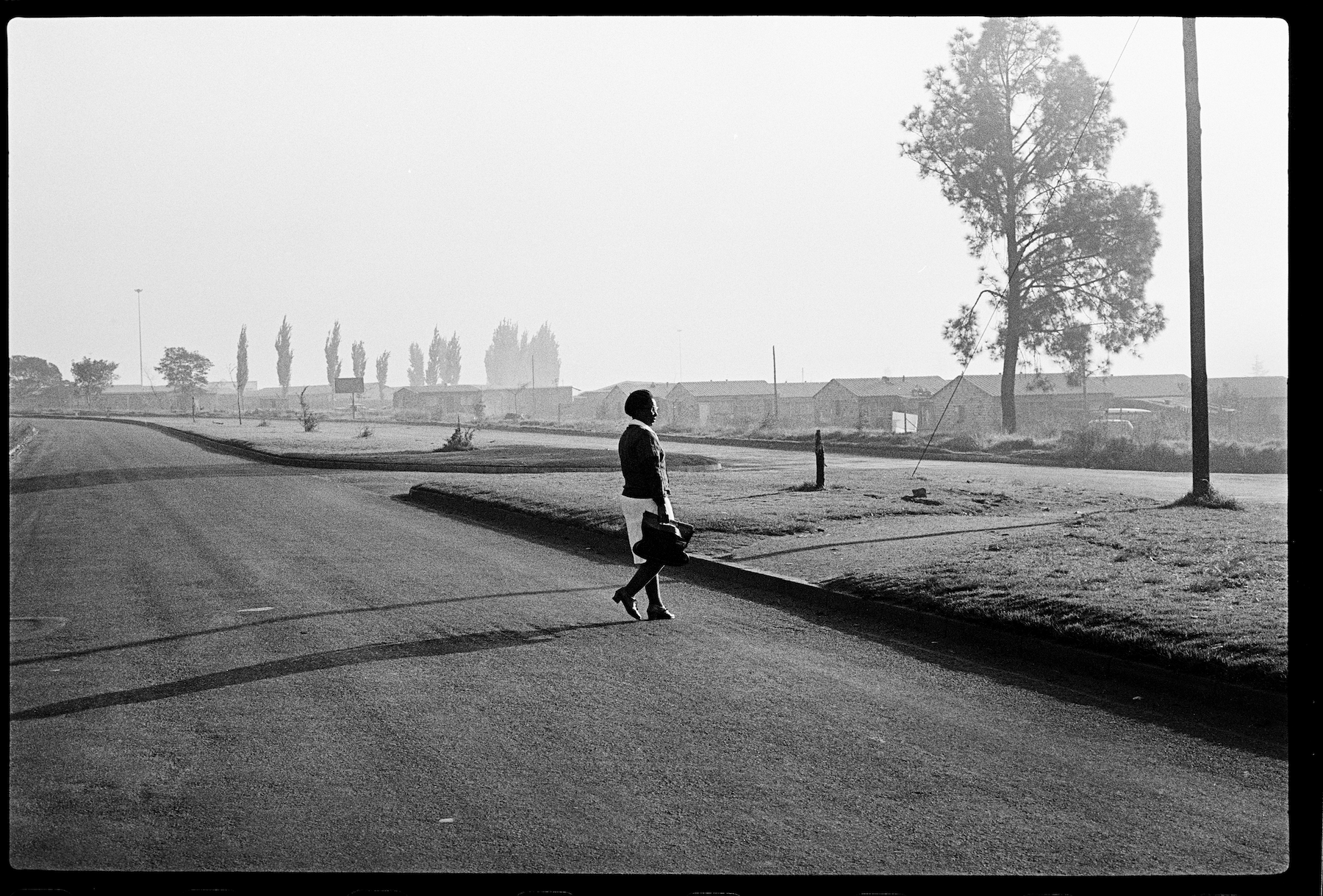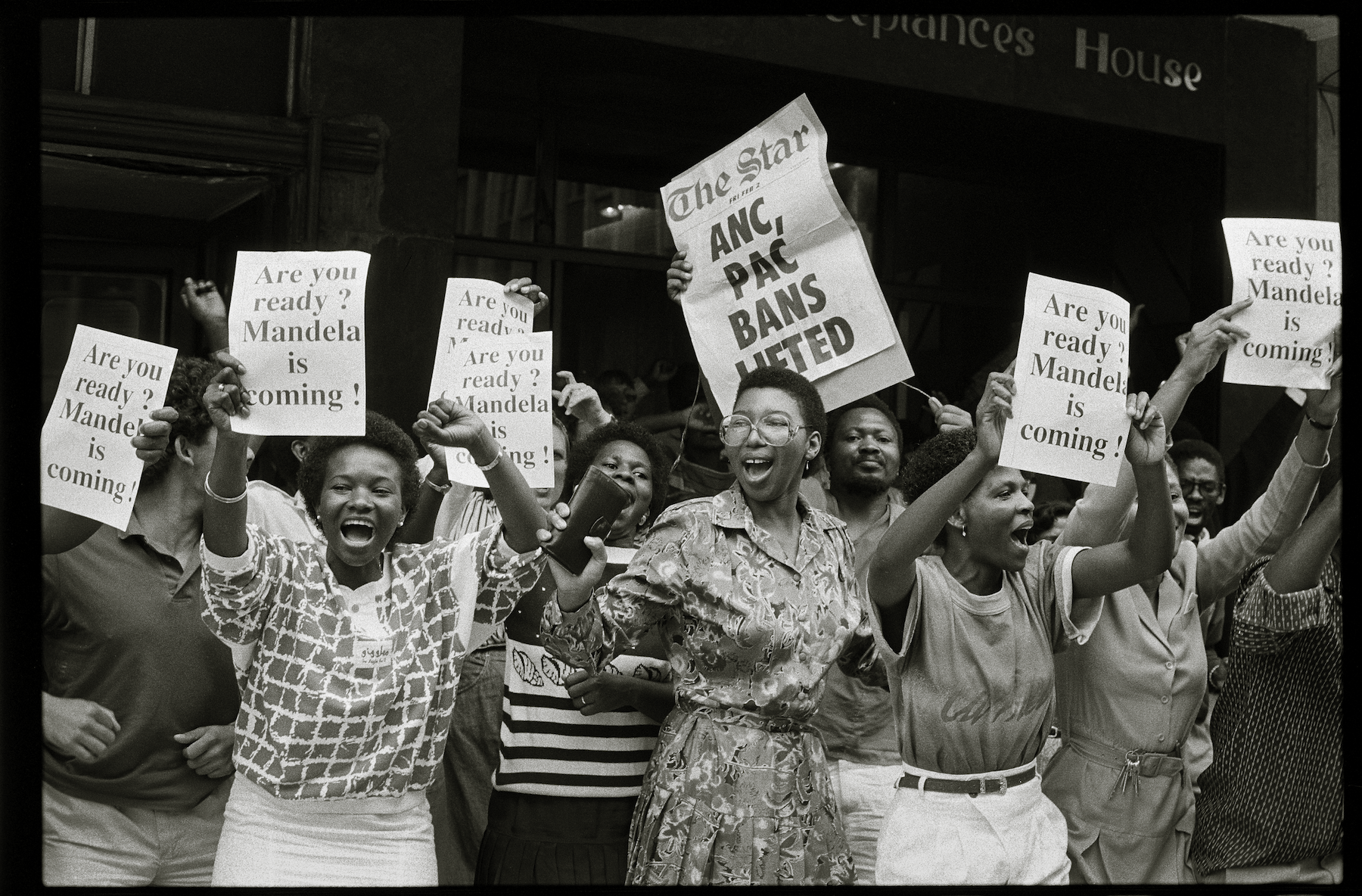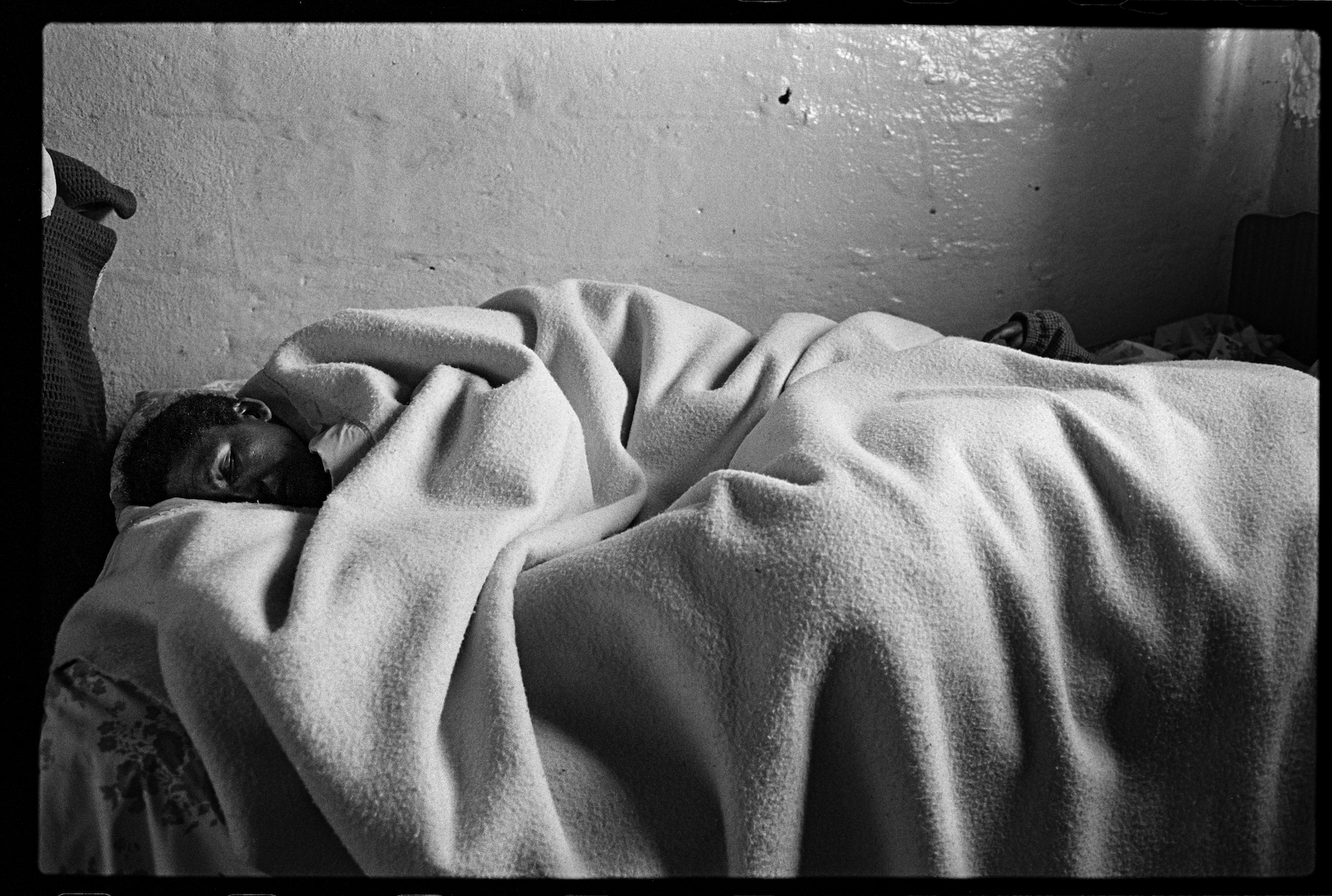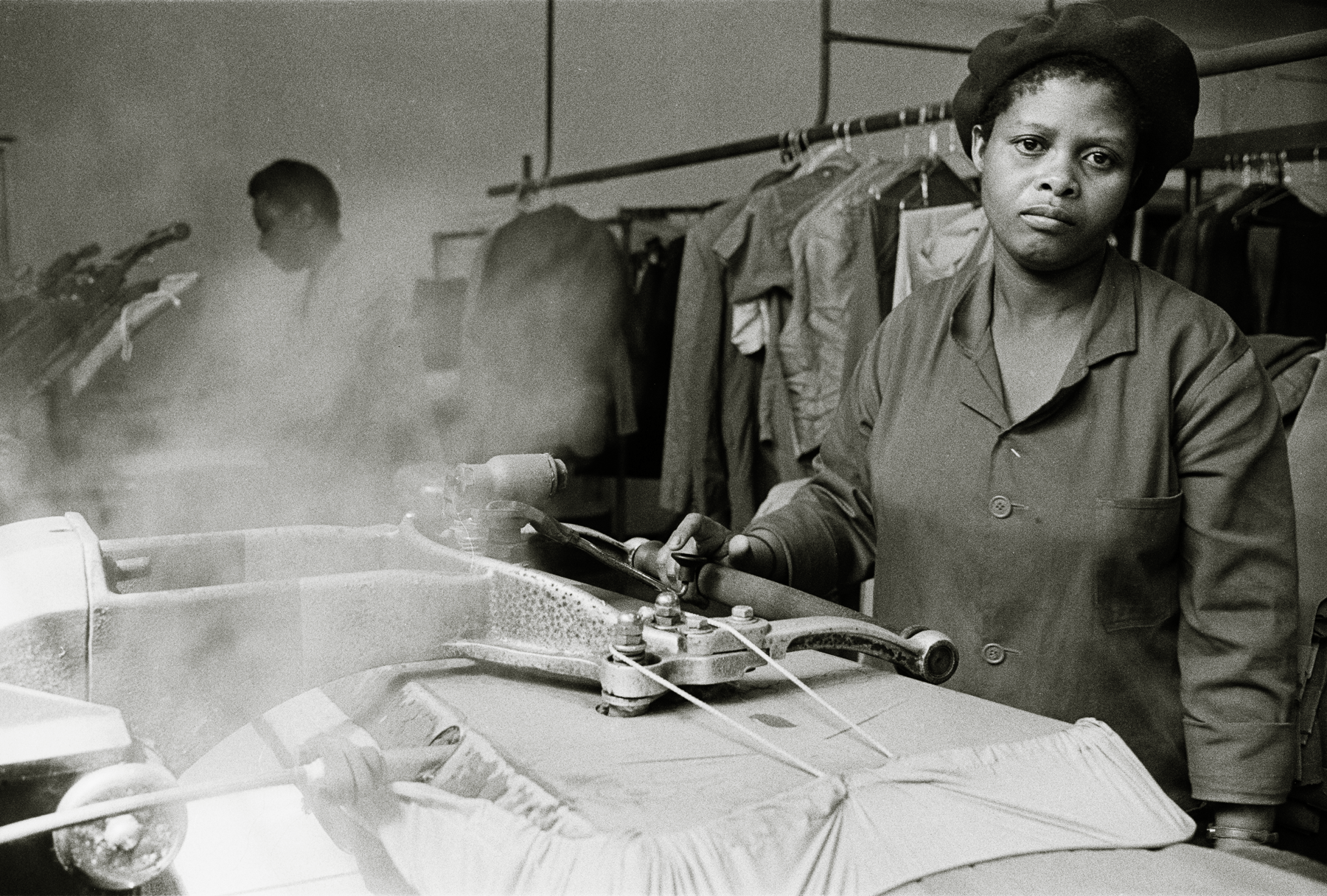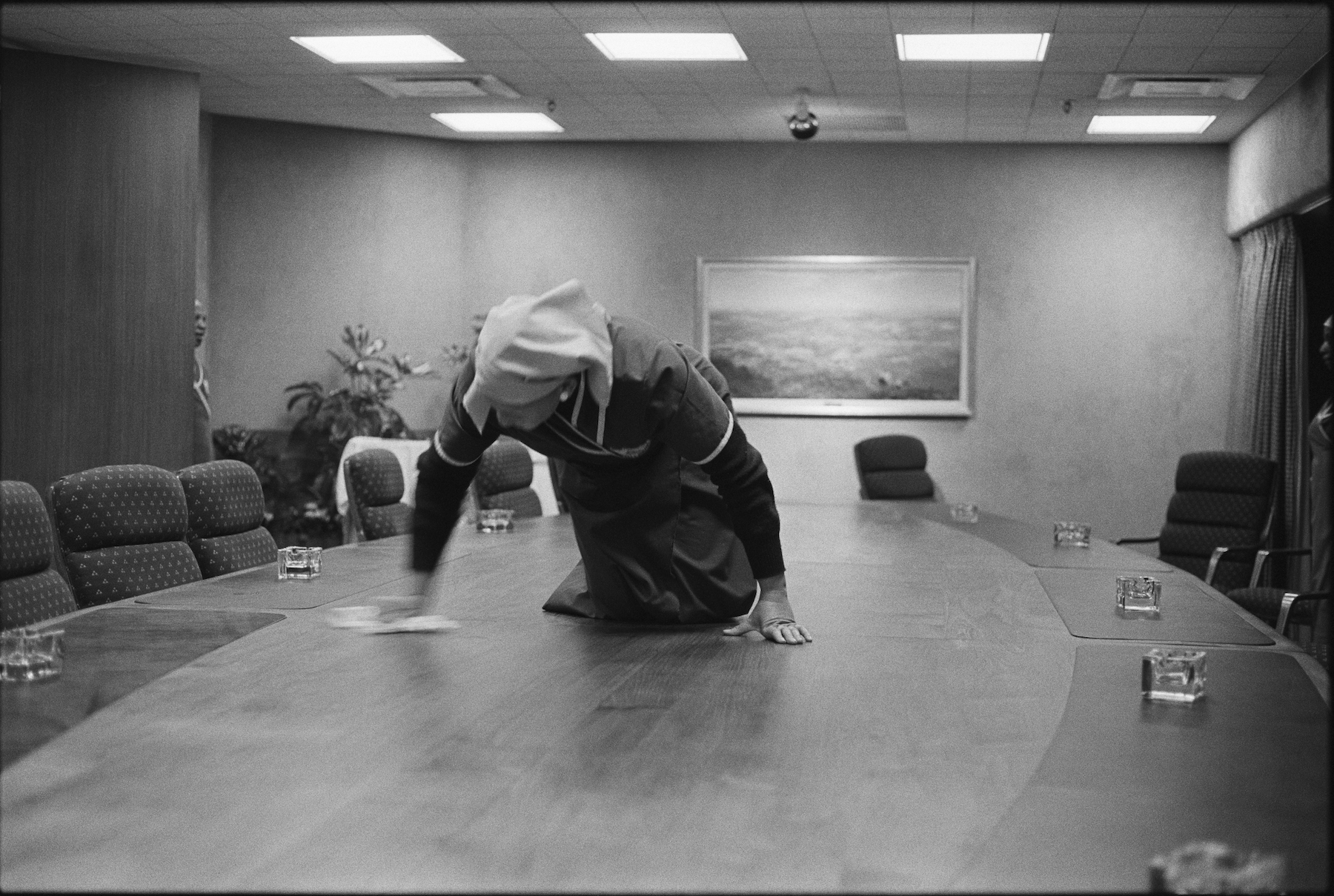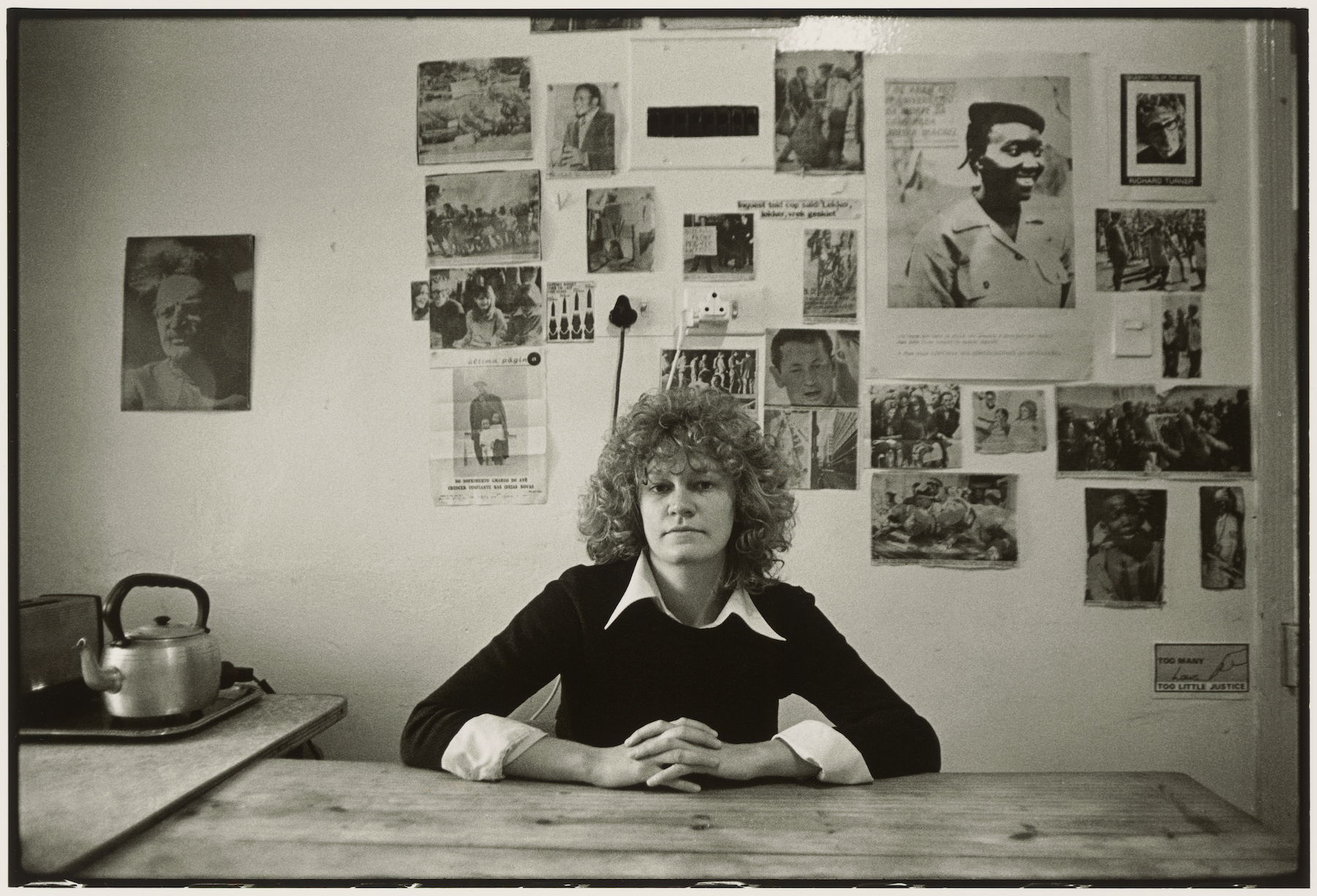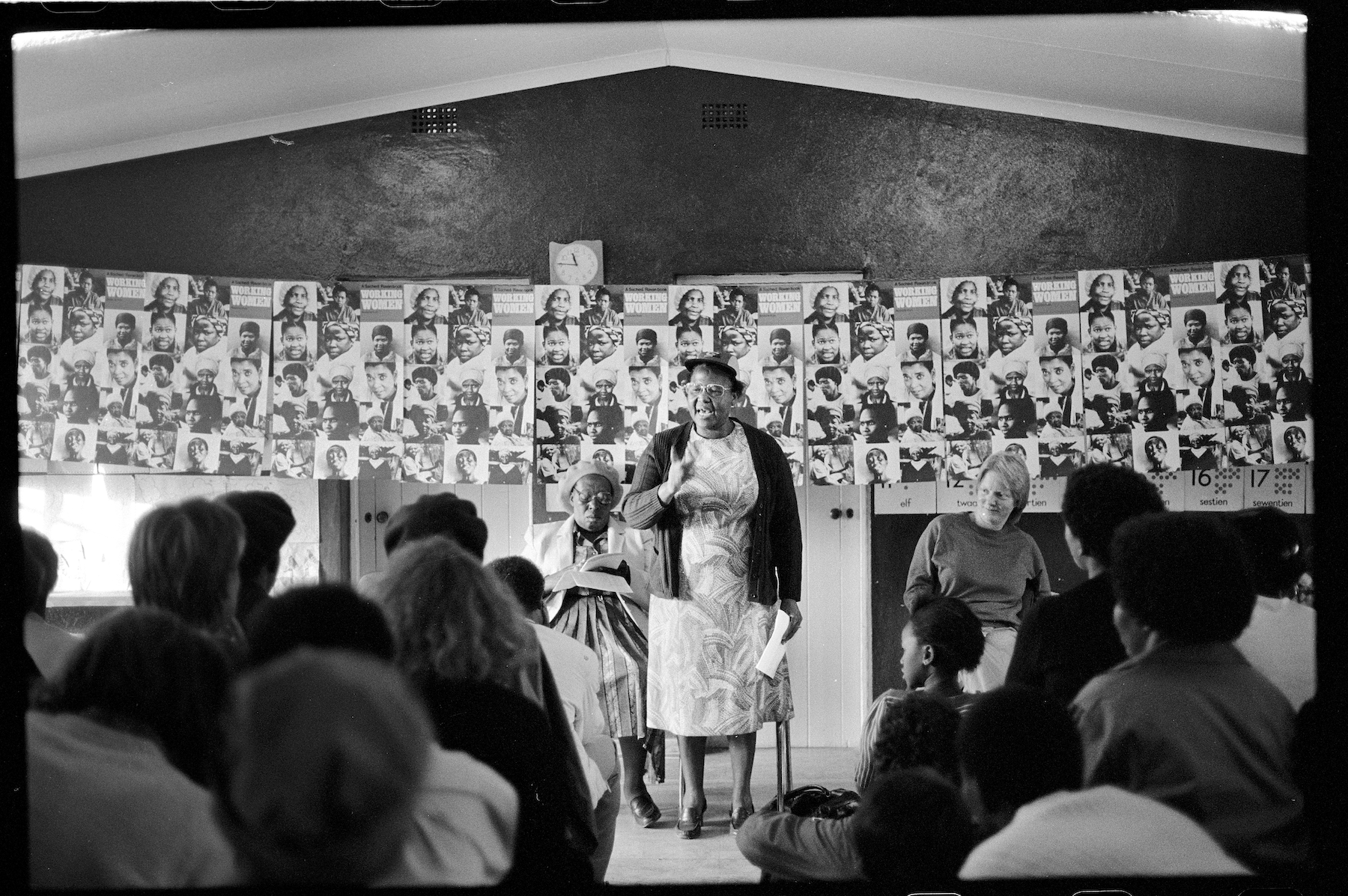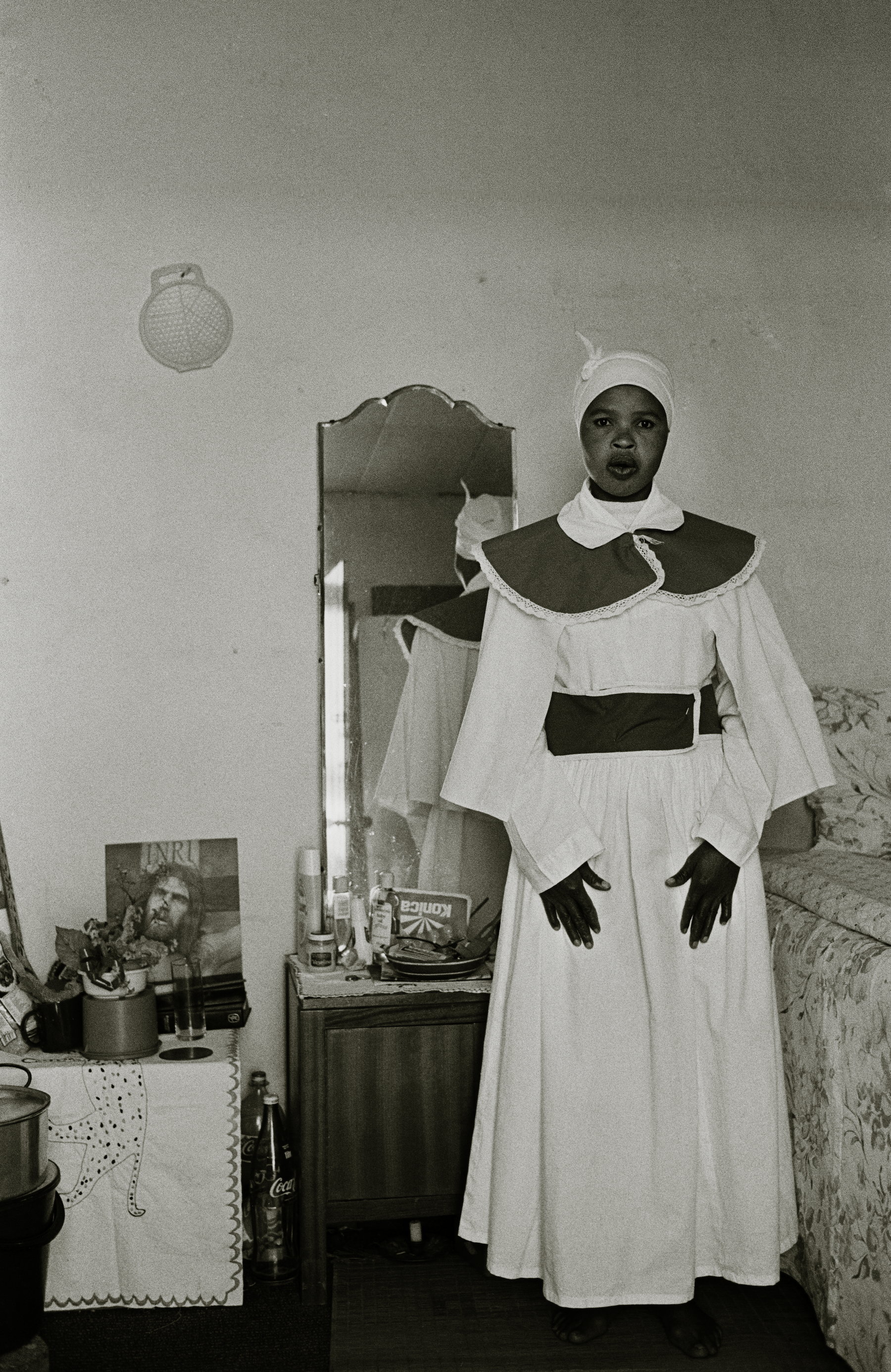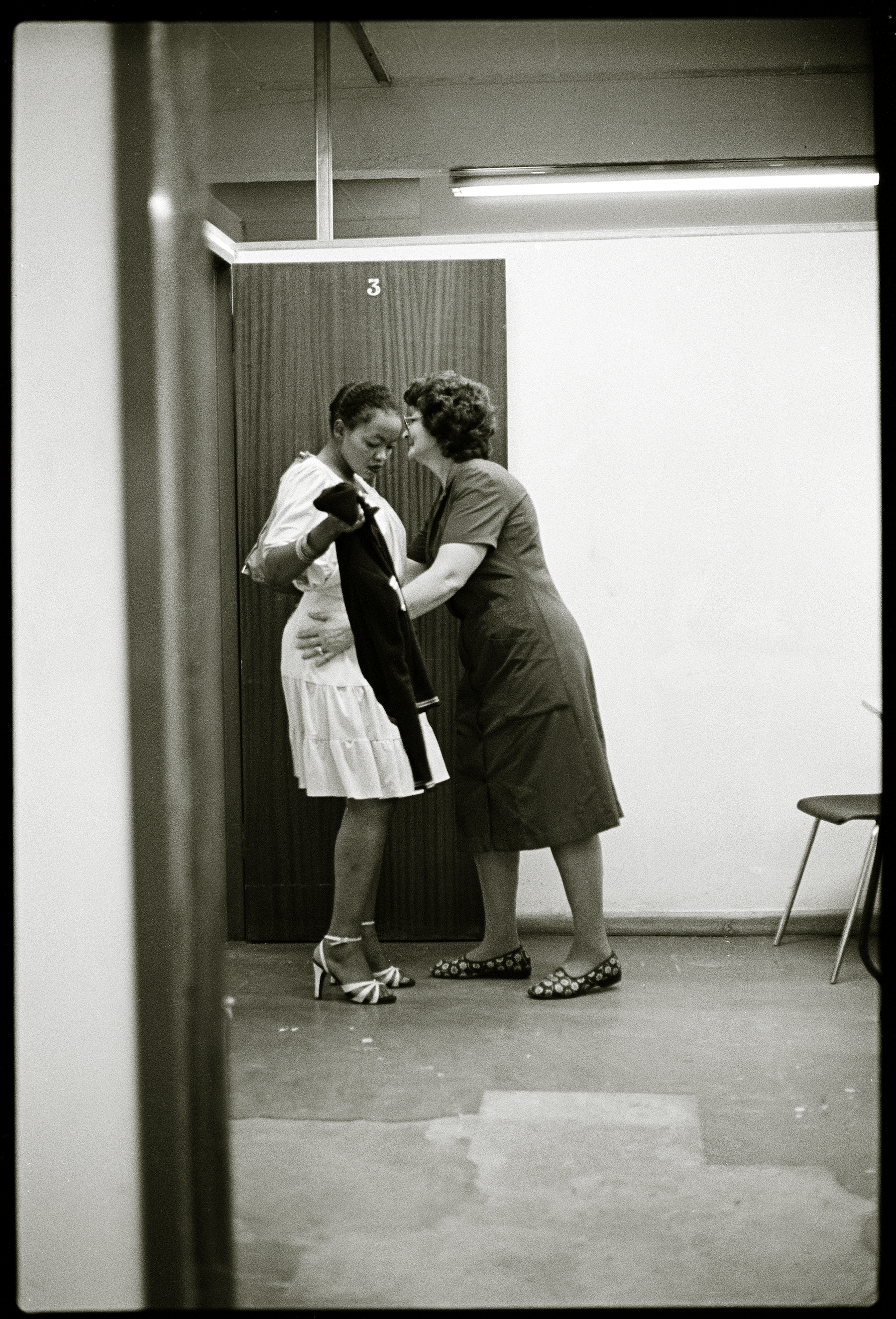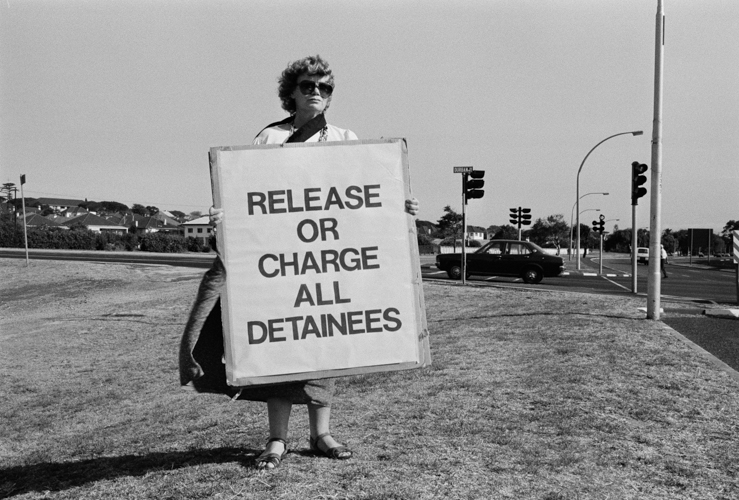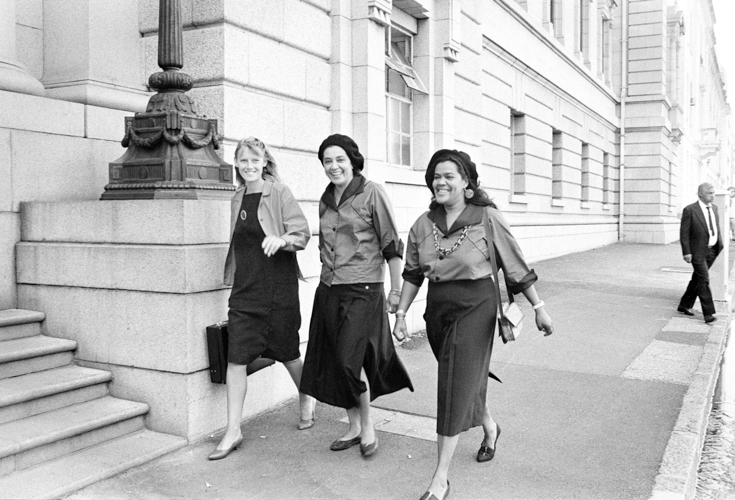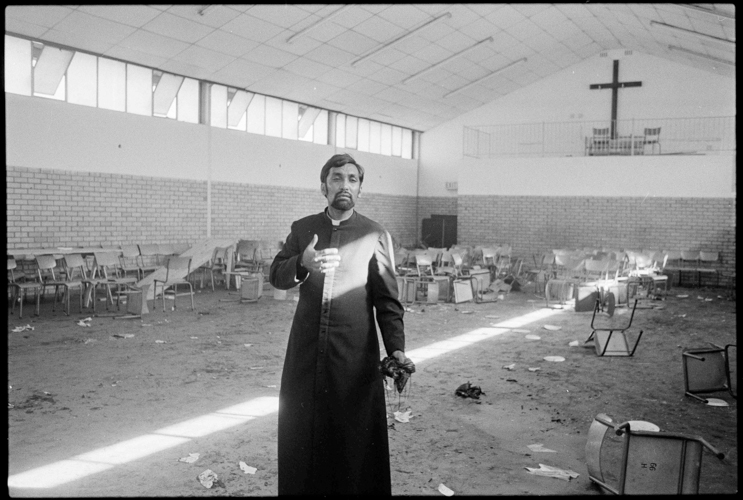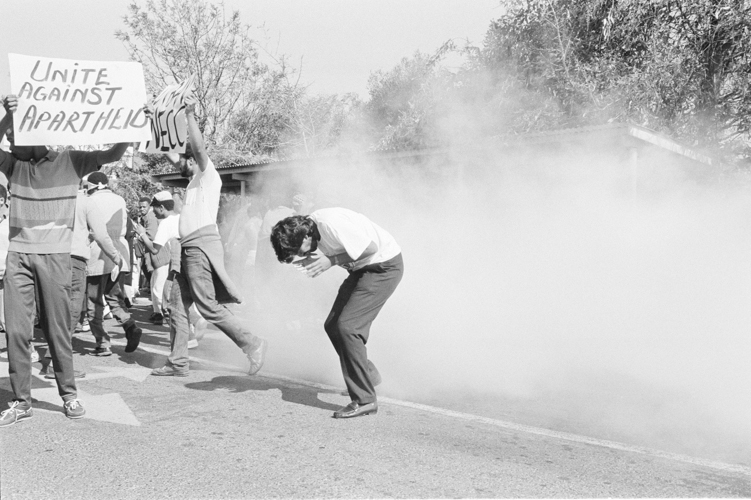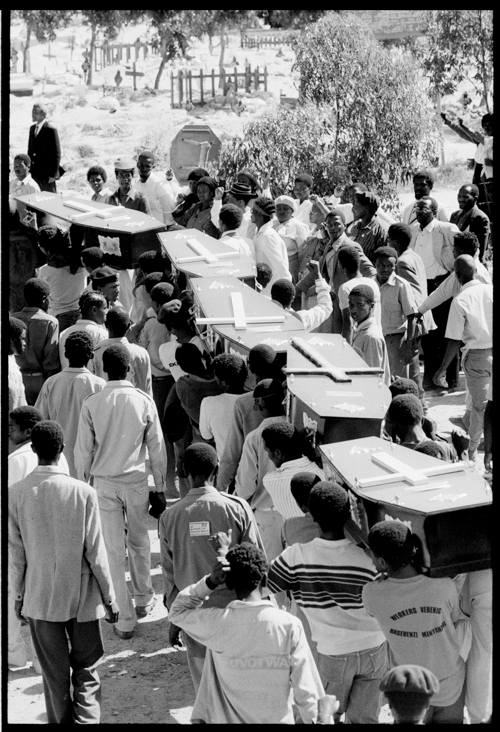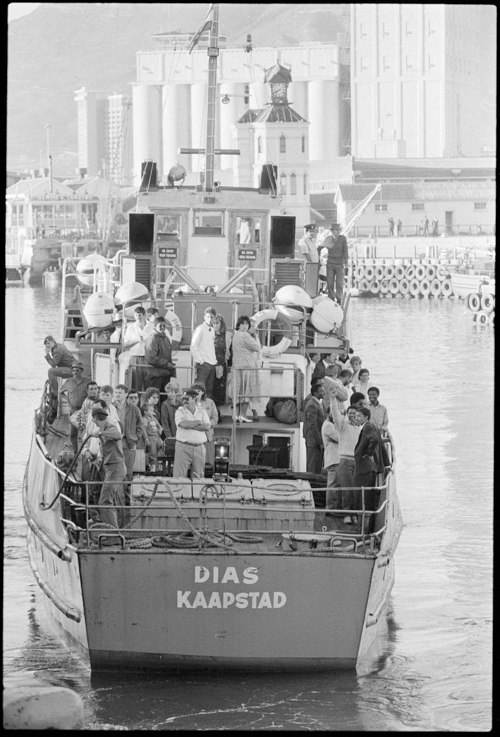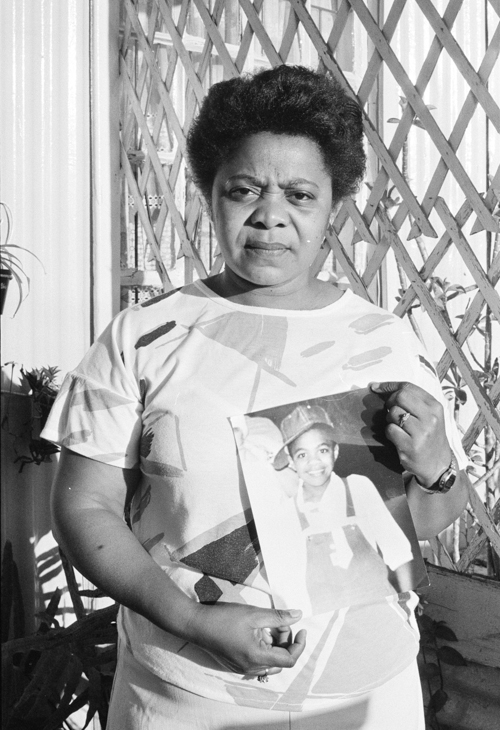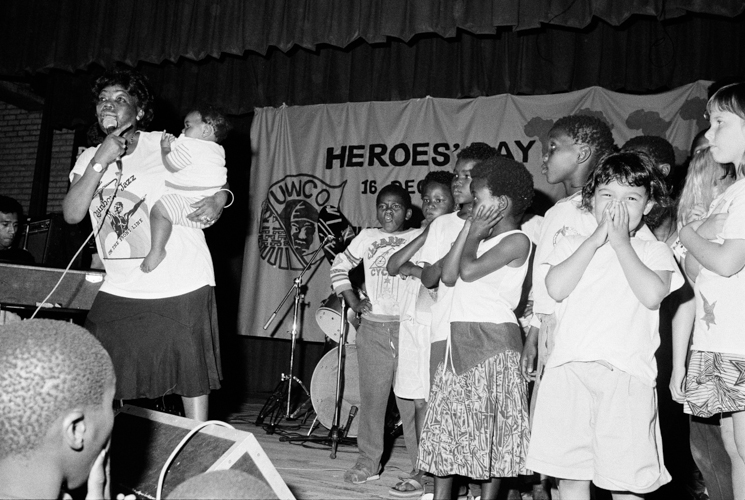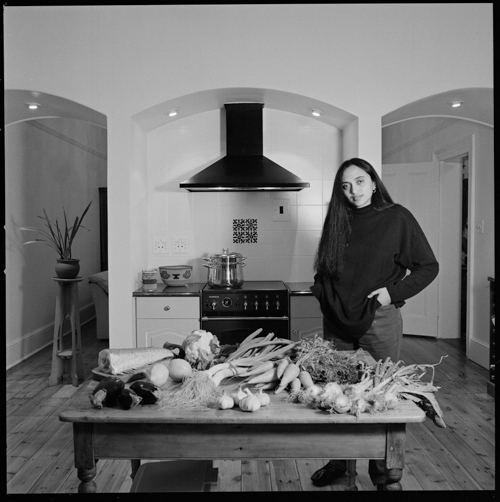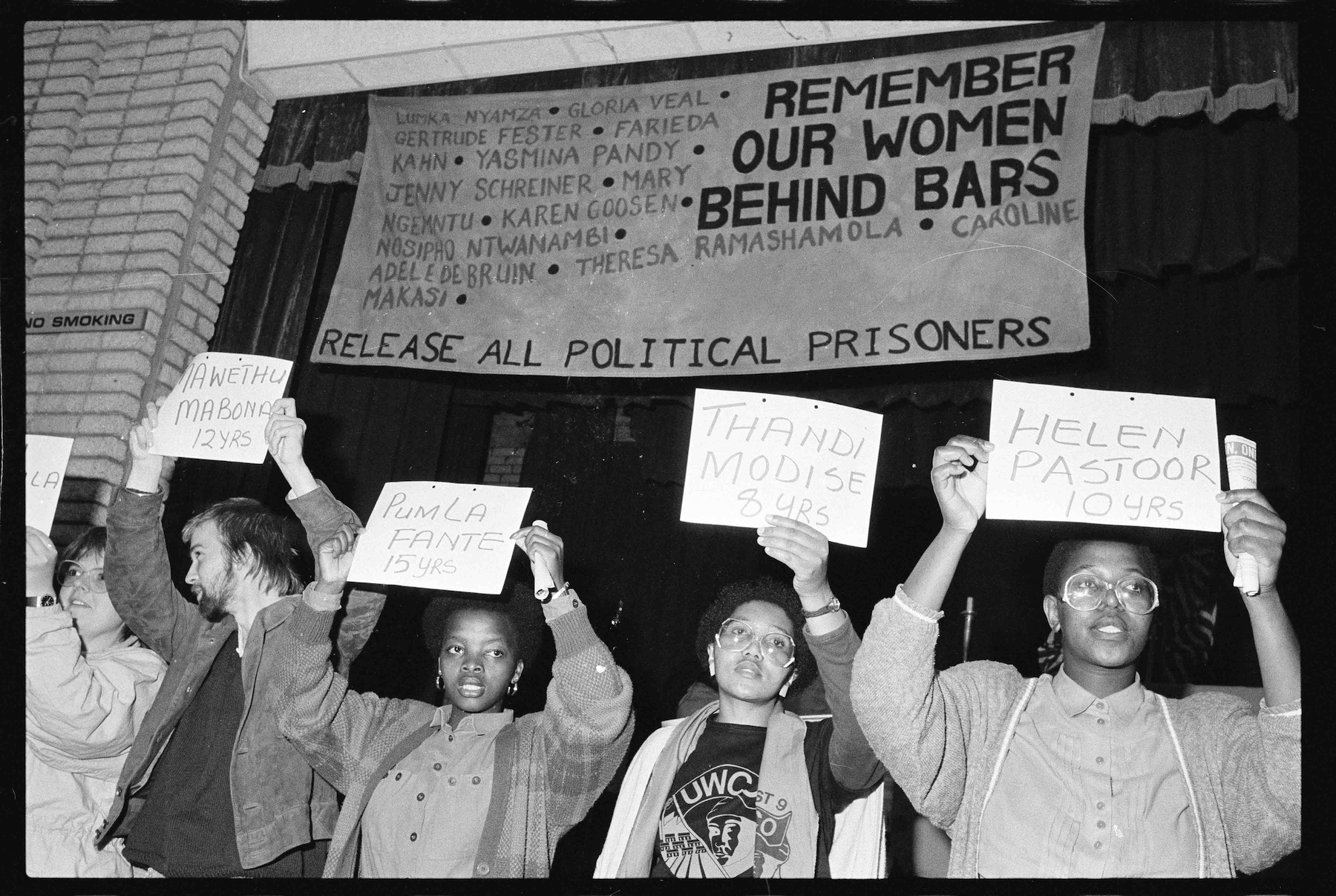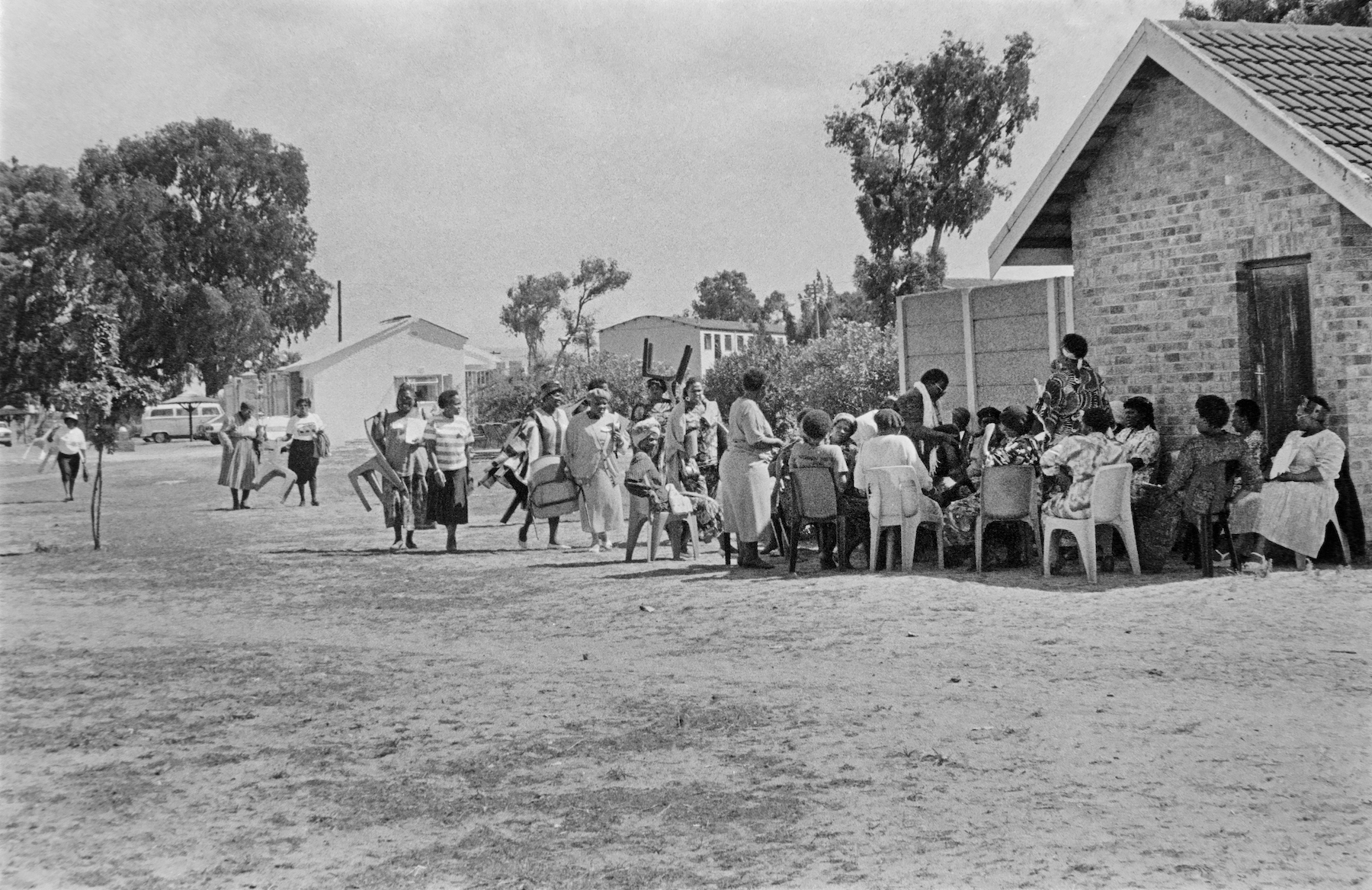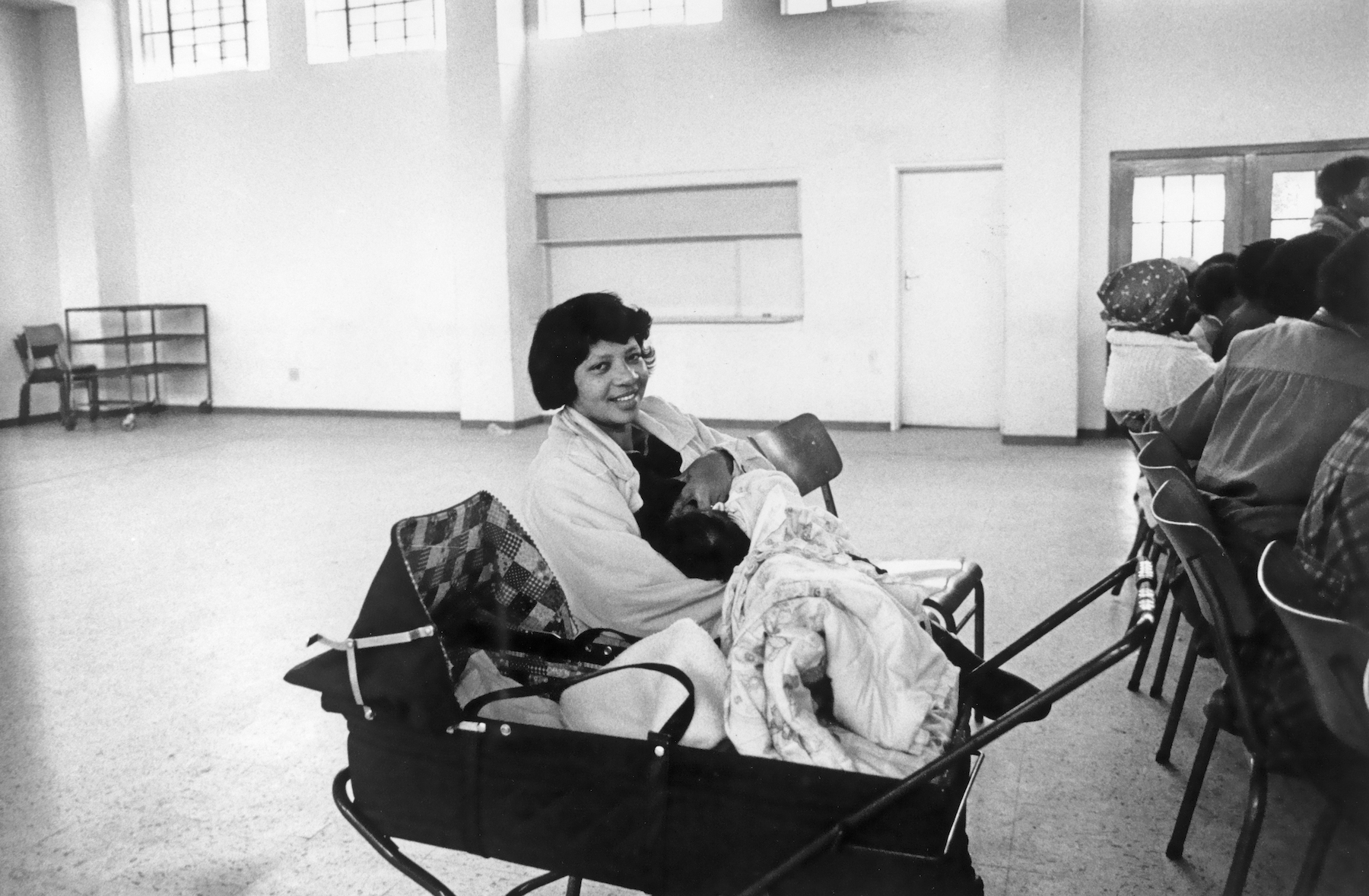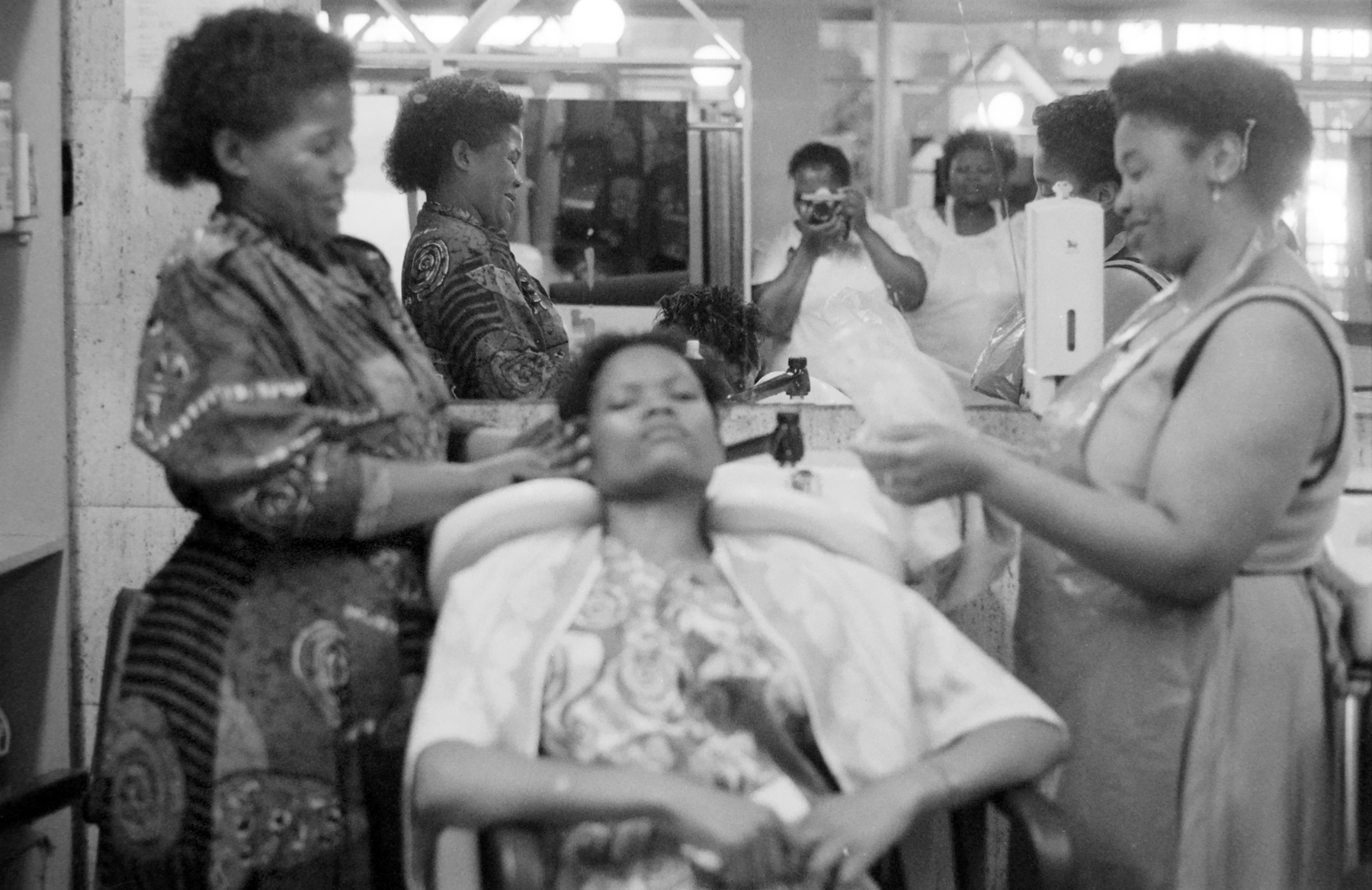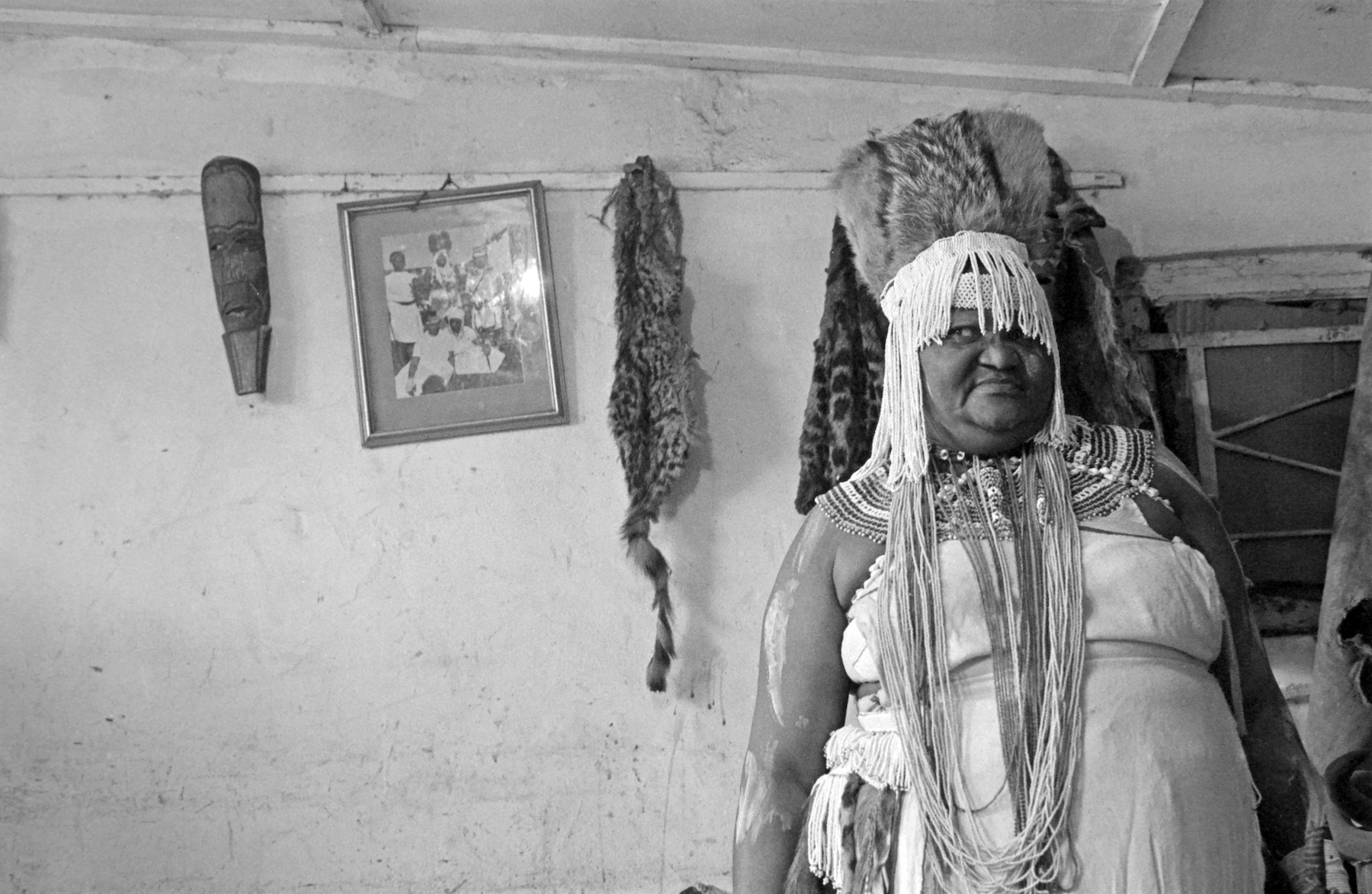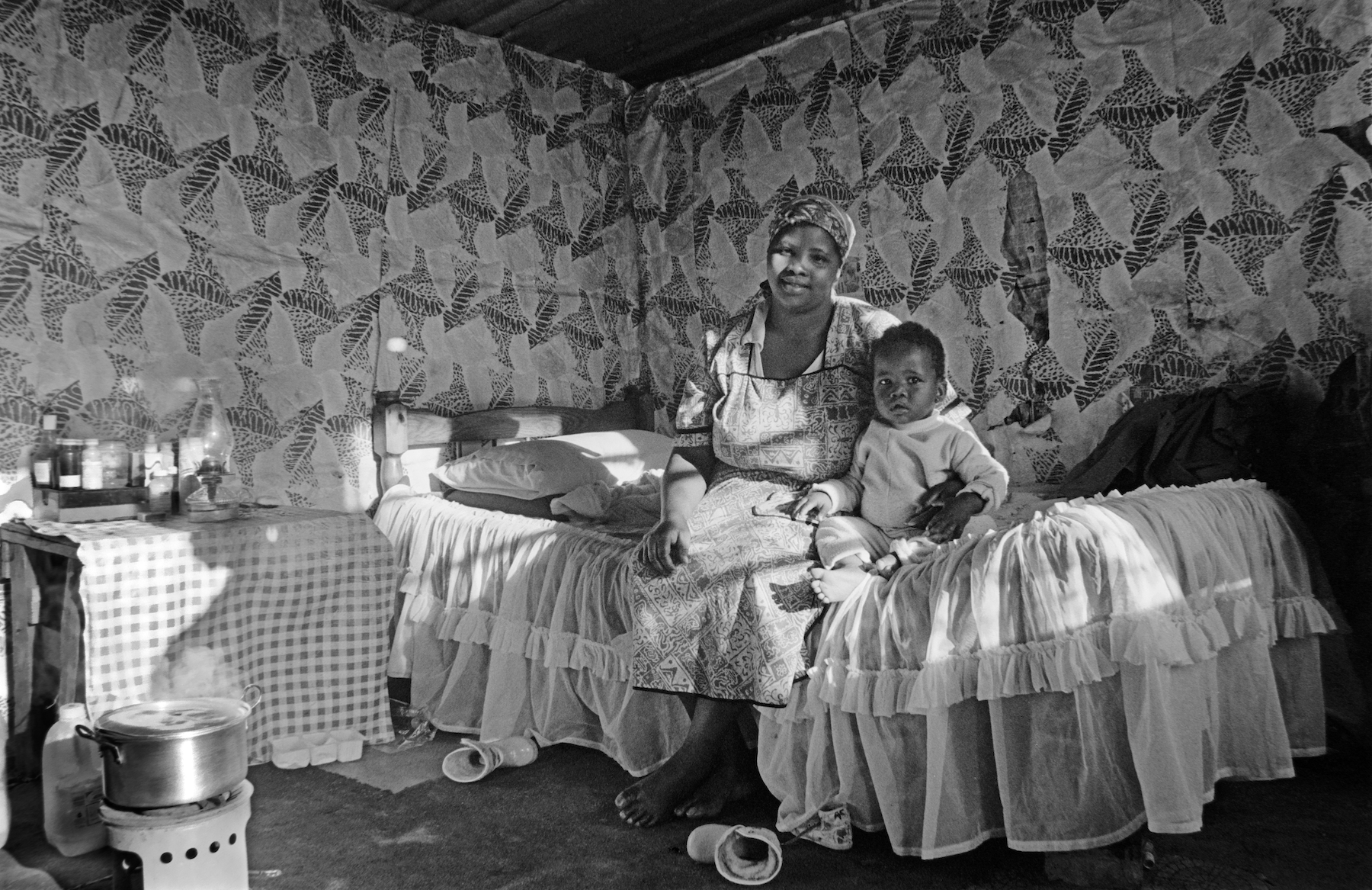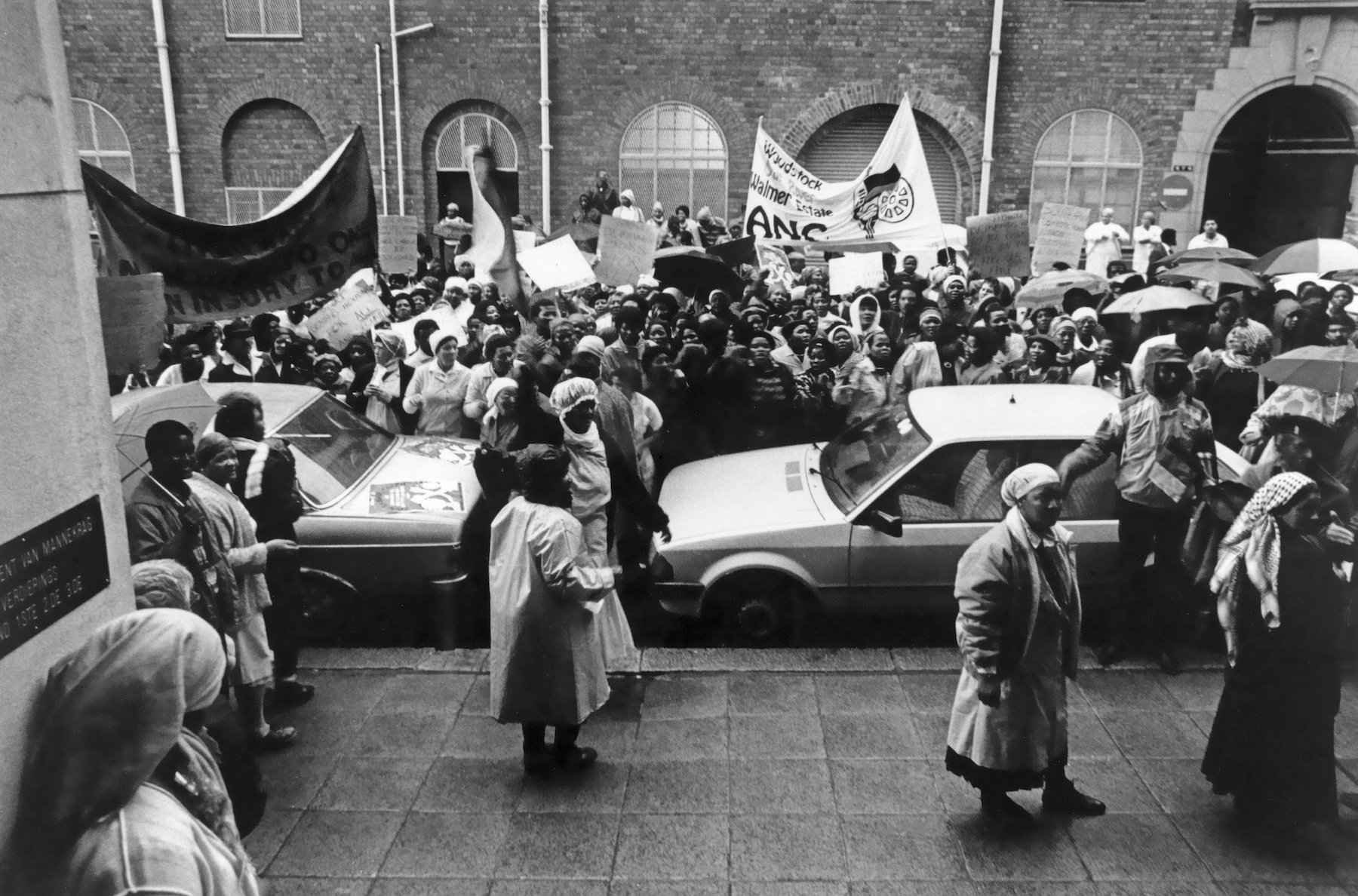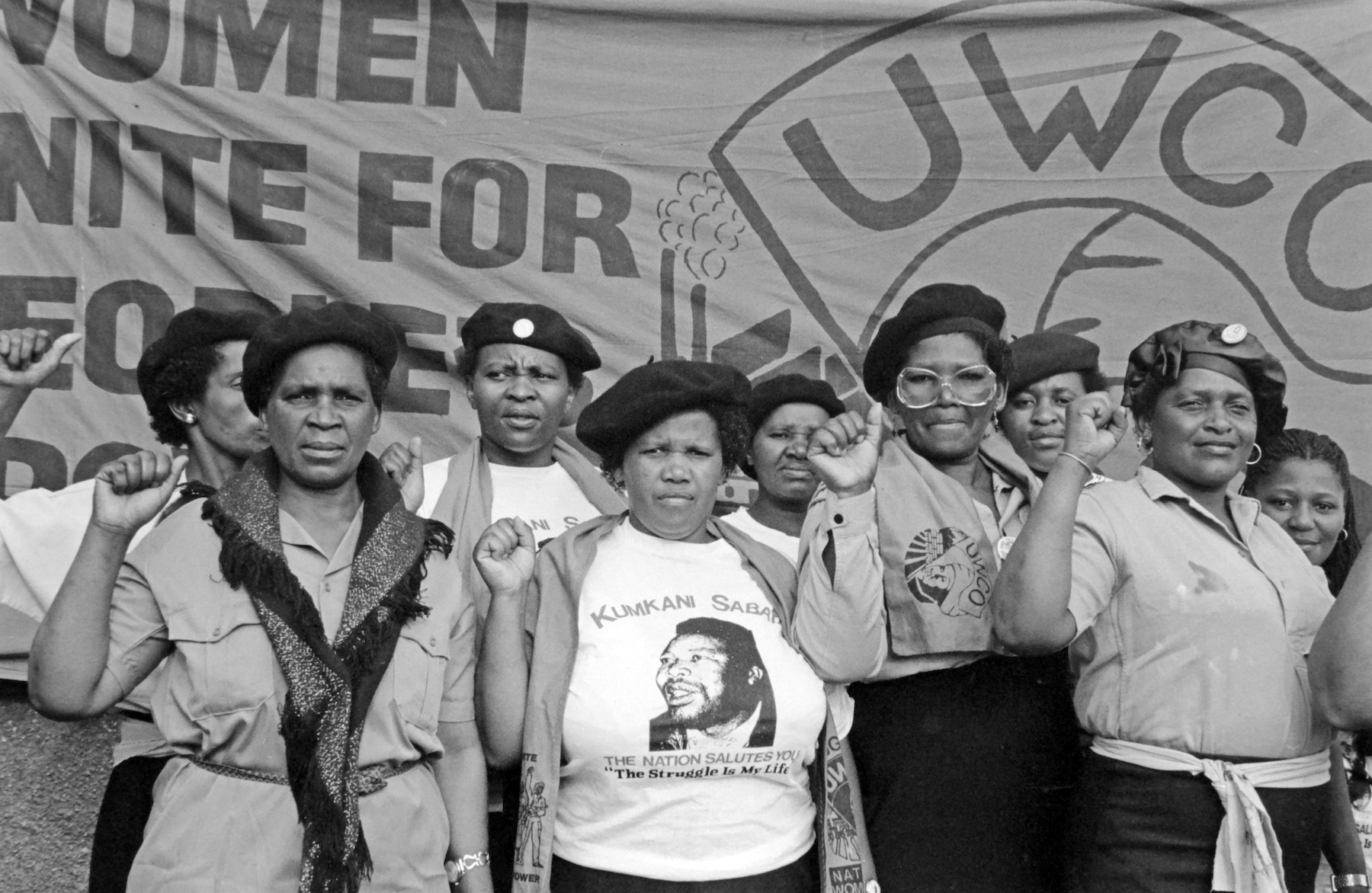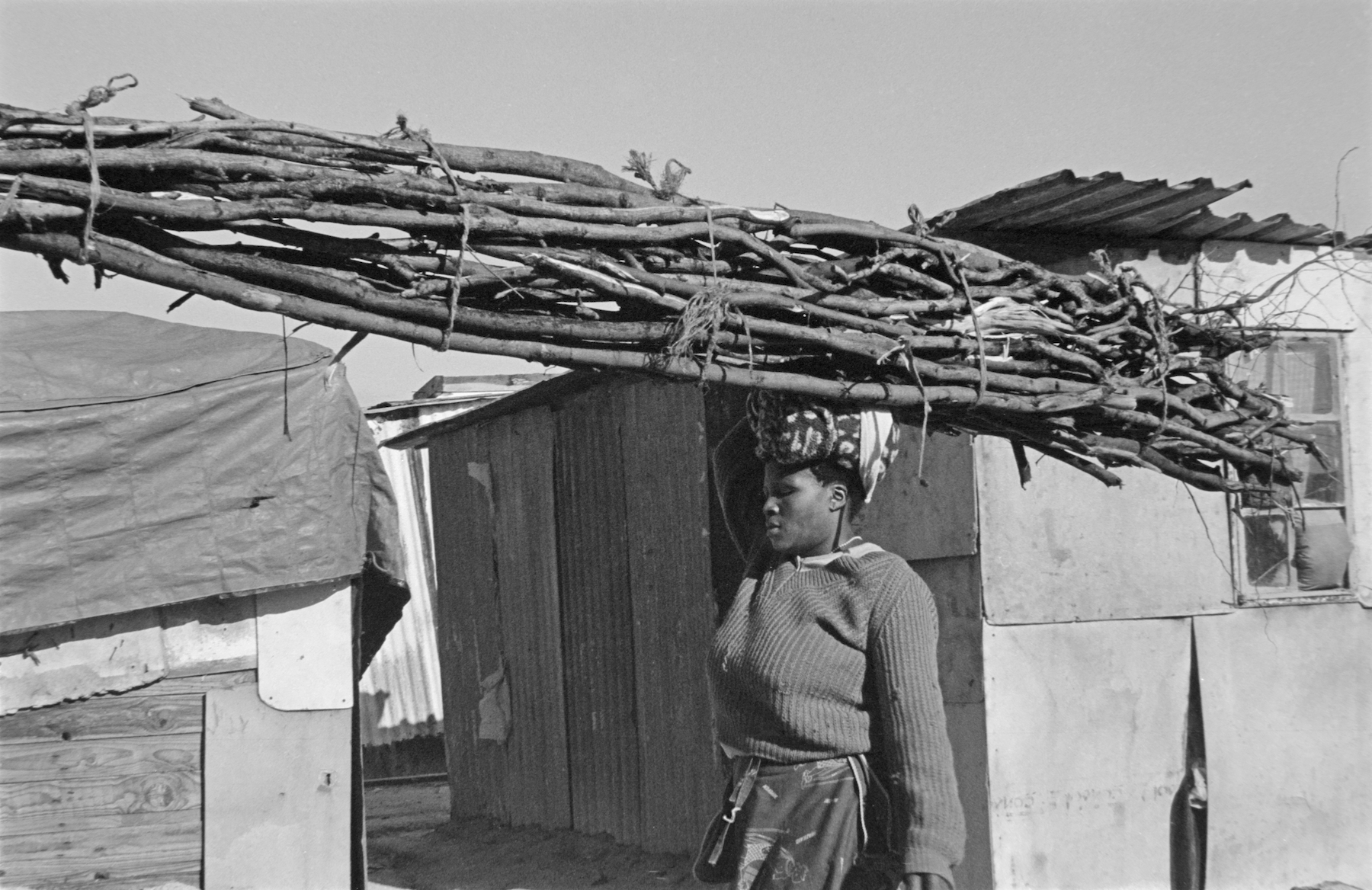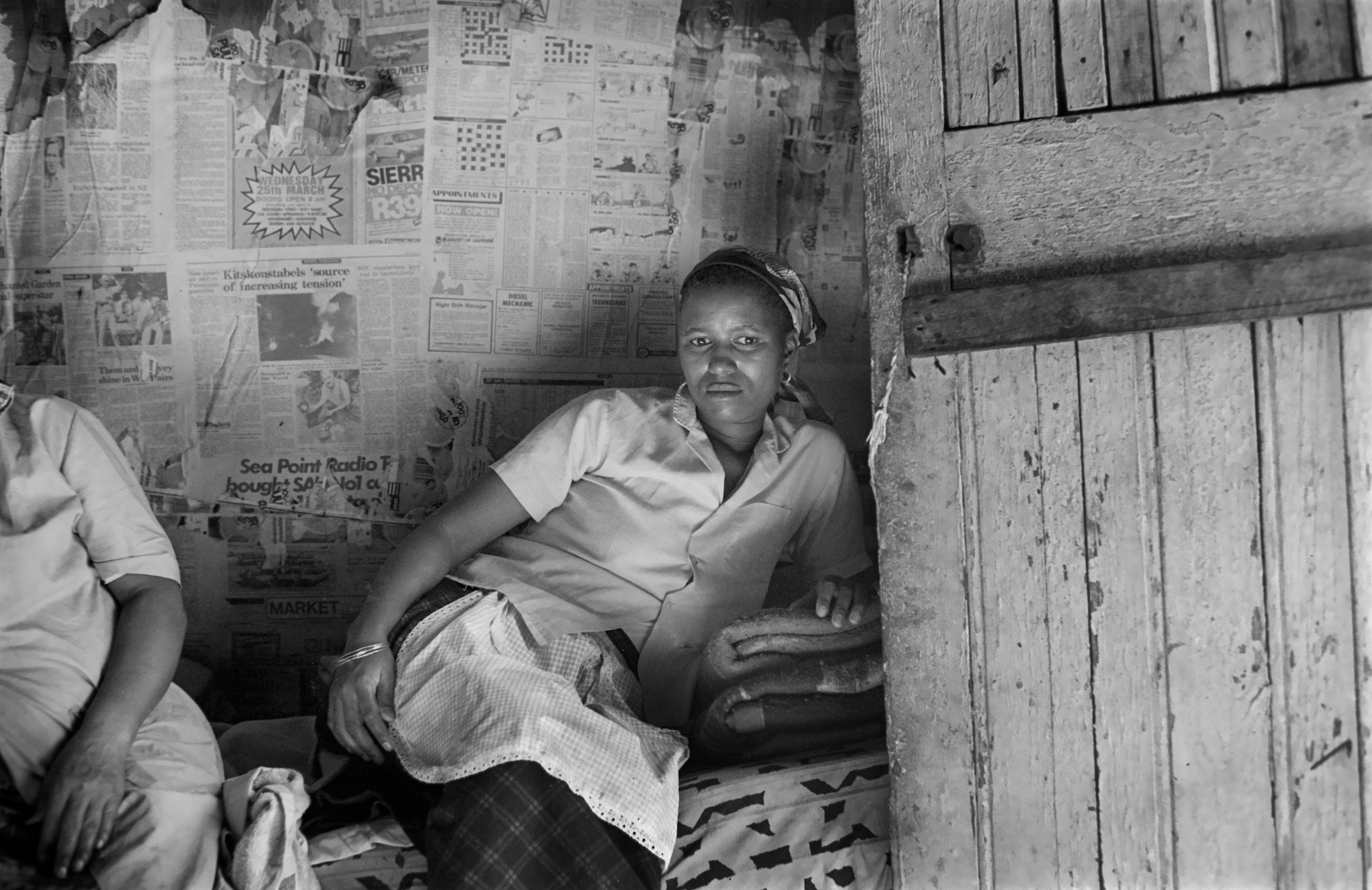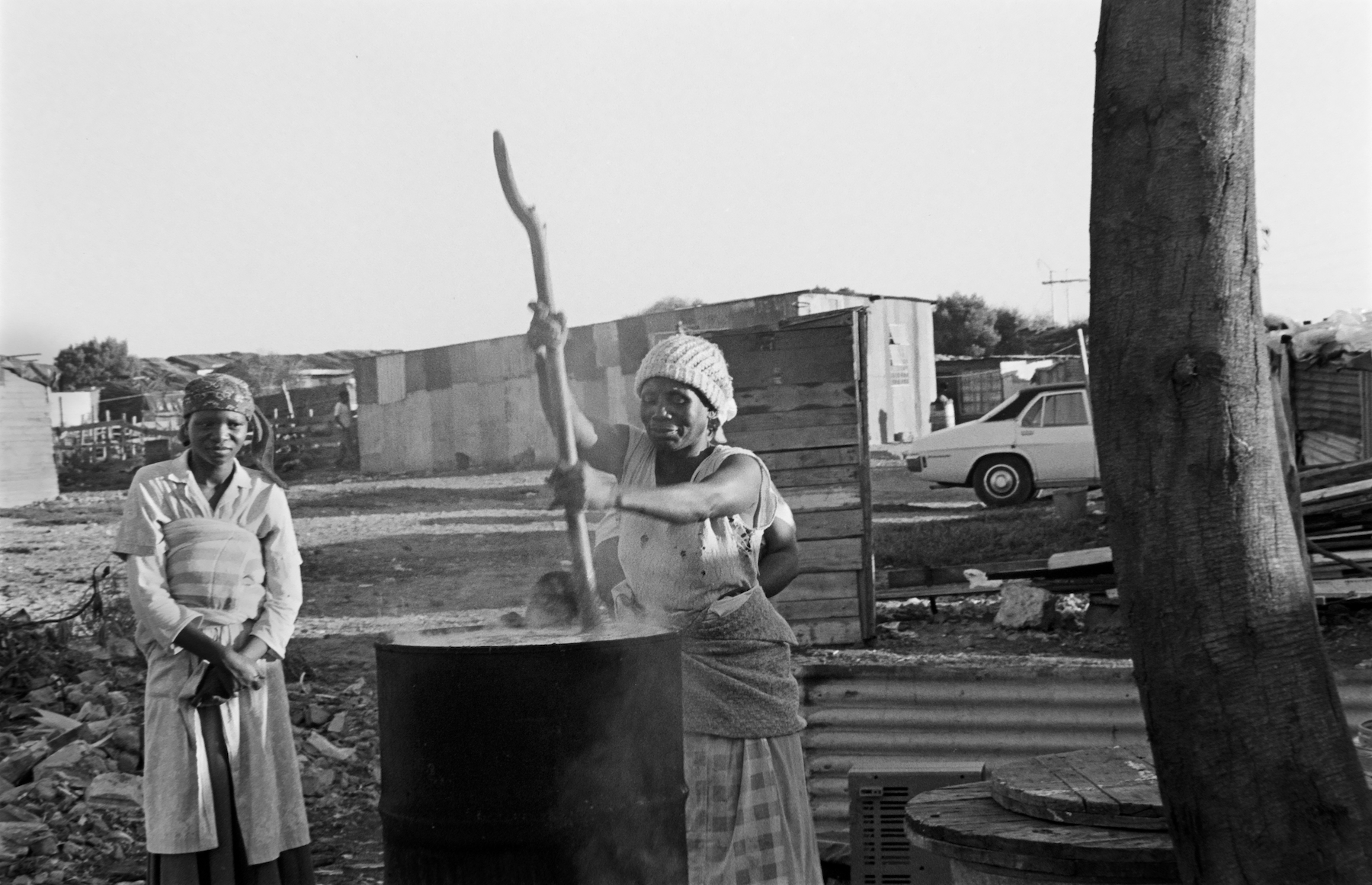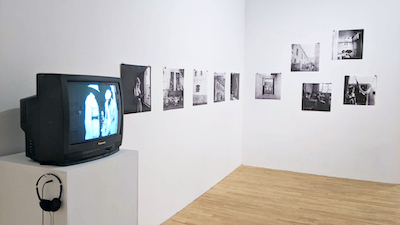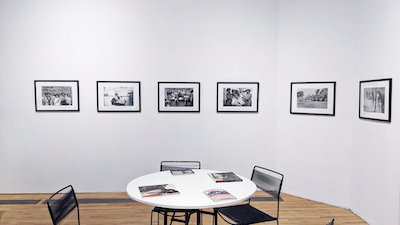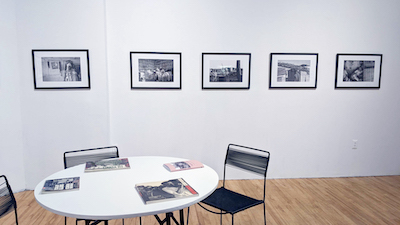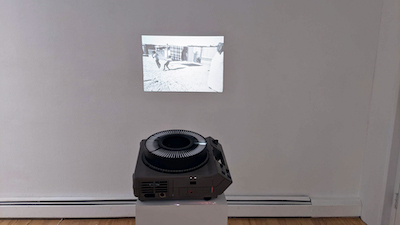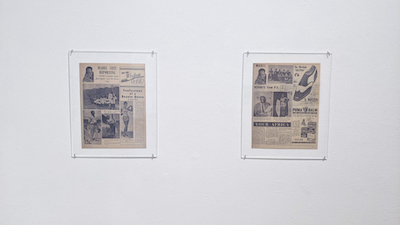Mabel Cetu, Jansje Wissema, Lesley Lawson, Zubeida Vallie, Mavis Mtandeki, Deborah May, Georgina Karvellas
Photographs of apartheid South Africa have travelled the world as testimonies to the horrors people of colour experienced under a legislative system of institutionalised discrimination which was in place between 1948 and 1994. Images of boycotts, protest marches, funerals, necklacings and dead Black bodies came to determine the worldwide media coverage on South Africa. As important as this anti-apartheid imagery, which is now referred to as struggle photography, was and is in testifying to the violence that dominated the country, its imminence overshadows an archive showcasing people's ordinary struggles. Moreover, due to not only race- but also gender-discriminatory economic and political structures prevailing at the time, the country's photography scene was largely dominated by men and white people.
'Defiant Visions' presents a look beyond struggle photography as a homogeneous, male-dominated practice, exploring the work of Black and white women practitioners. This includes spectacular and vernacular histories of life under apartheid to highlight issues of intersectionality in the contested field of visual production.
Images by women photojournalists, artists, and political workers including Mabel Cetu, Jansje Wissema, Lesley Lawson, Zubeida Vallie and Mavis Mtandeki all set their focal point on the women surrounding them. Capturing numerous acts of resistance, their bodies of work showcase the manifold facets of social documentary anti-apartheid photography. While Cetu's images of women printed in popular 1950s magazines can be read as ambiguous portrayals of modern womanhood, Wissema's 1970s depictions of ordinary life in the extraordinary site of District Six before and after its destruction by the government showcase the inescapable link of the political and personal. Taken at the height of eruptive violence during the 1980s and early 1990s, the intimate pictures of Lawson, Vallie and Mtandeki testify to women's grief and struggle in their domestic environments. The exhibition thus highlights women's roles as both, agents, behind the camera, and subjects, in photographs.
Displayed in vitrines, the exhibition would include newspaper and magazine articles produced during the second half of the twentieth century which showcase the changing representational styles in the portrayal of South African women. Further, screenings of films on the photography scene during apartheid which mainly focus on better-known male photographers could accompany the exhibition to provide an enlarged perspective on the role attributed to women in different photographic events. This allows visitors to grasp the power structures prevailing in the field of South African photography along gendered lines and how these changed over time. The additional materials also provide a point of reference to assess in how far the women's pictures can be considered as acts of resistance.
Sketching the biographies of women photographers while showcasing how they decided to represent their female contemporaries and their struggle would present an important step to reassess the public perception of anti-apartheid imagery. 'Defiant Visions' intends to showcase women's resistance during decades of brutal oppression by a racist and sexist government through the lenses of their cameras.
*The text above was submitted to apexart's 2022-23 NYC Open Call, and rated by over 600 jurors. Any specific artists mentioned are unconfirmed and subject to change.
Marie Meyerding is a PhD candidate at the Department of African Art History at Freie Universität Berlin. Her research explores the representation of women in the field of photography in South Africa. She holds an MA with Distinction in the History of Art from the Courtauld Institute of Art.


